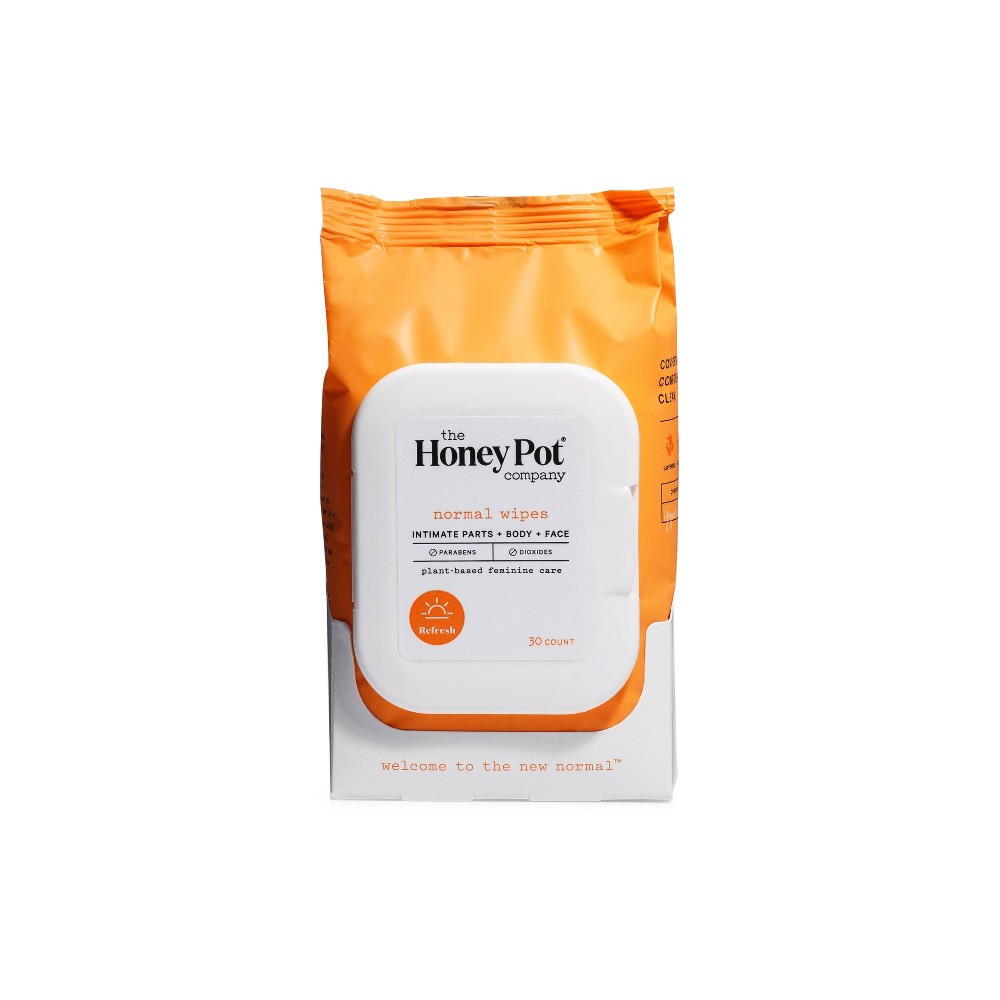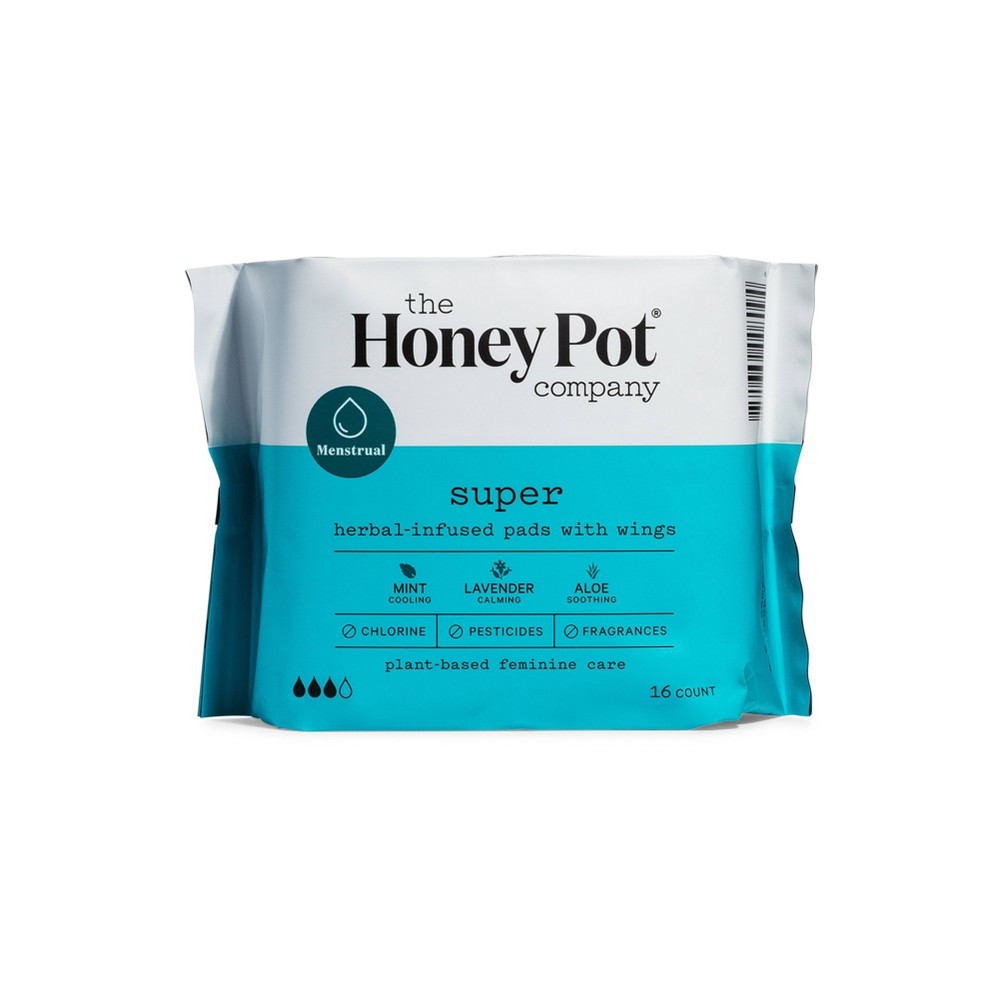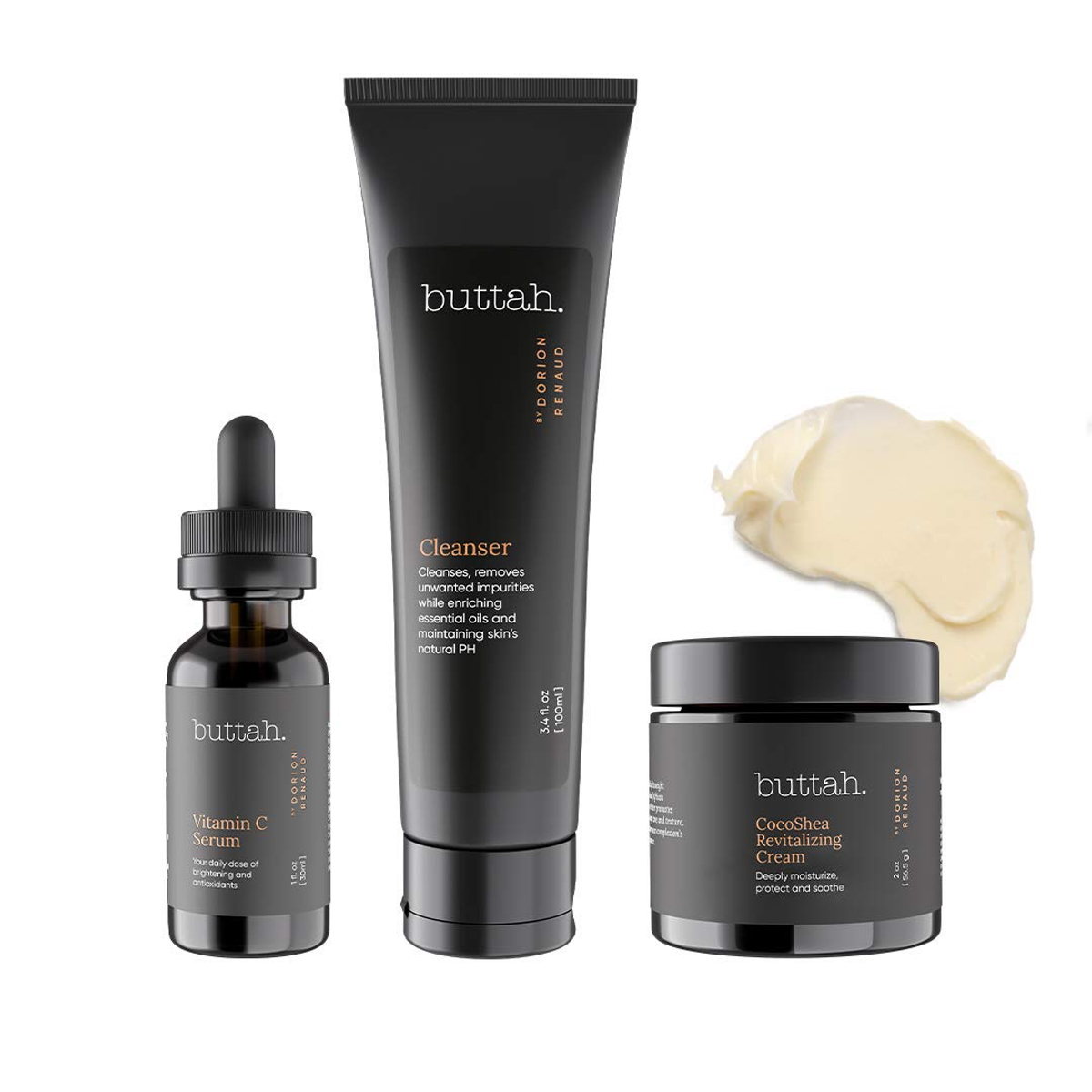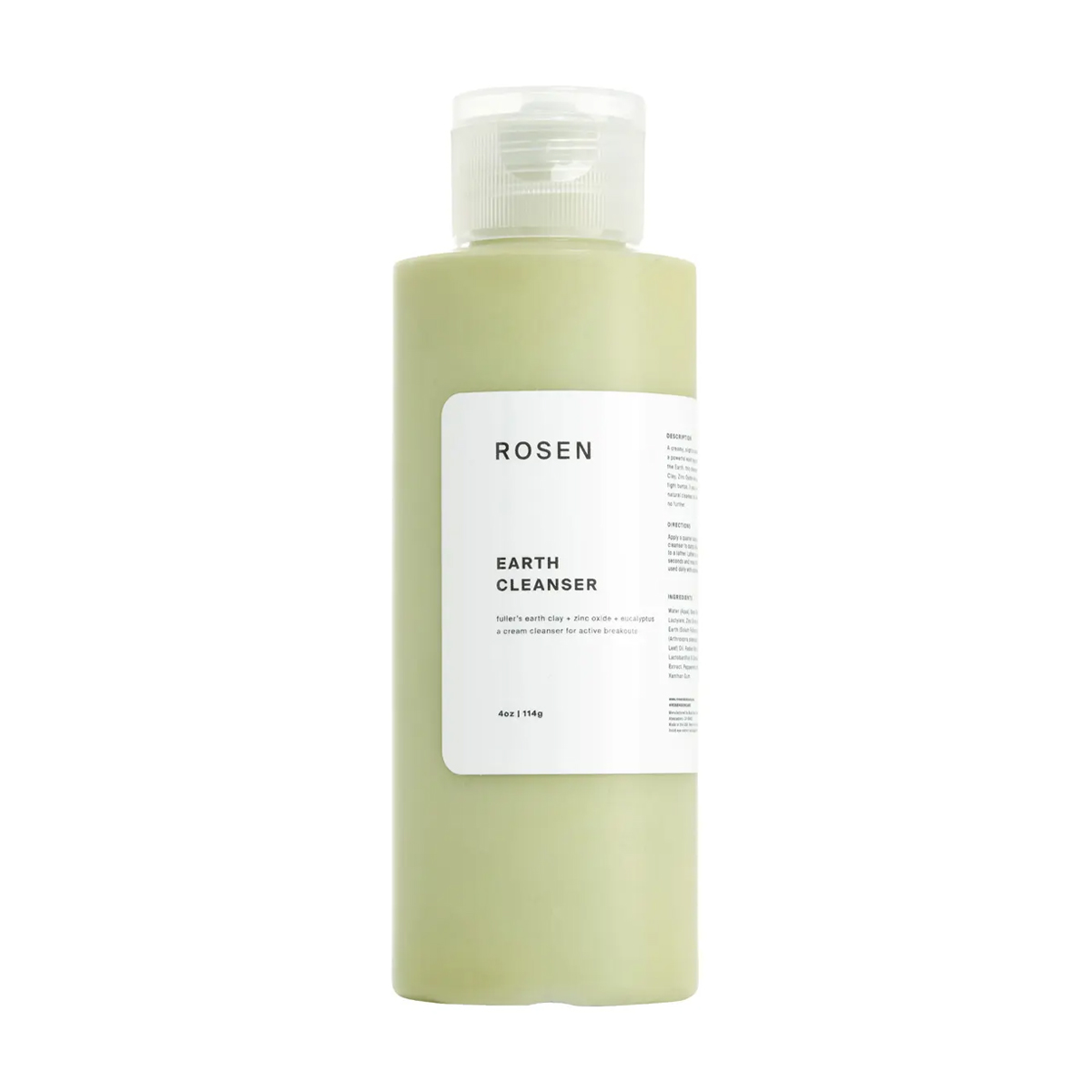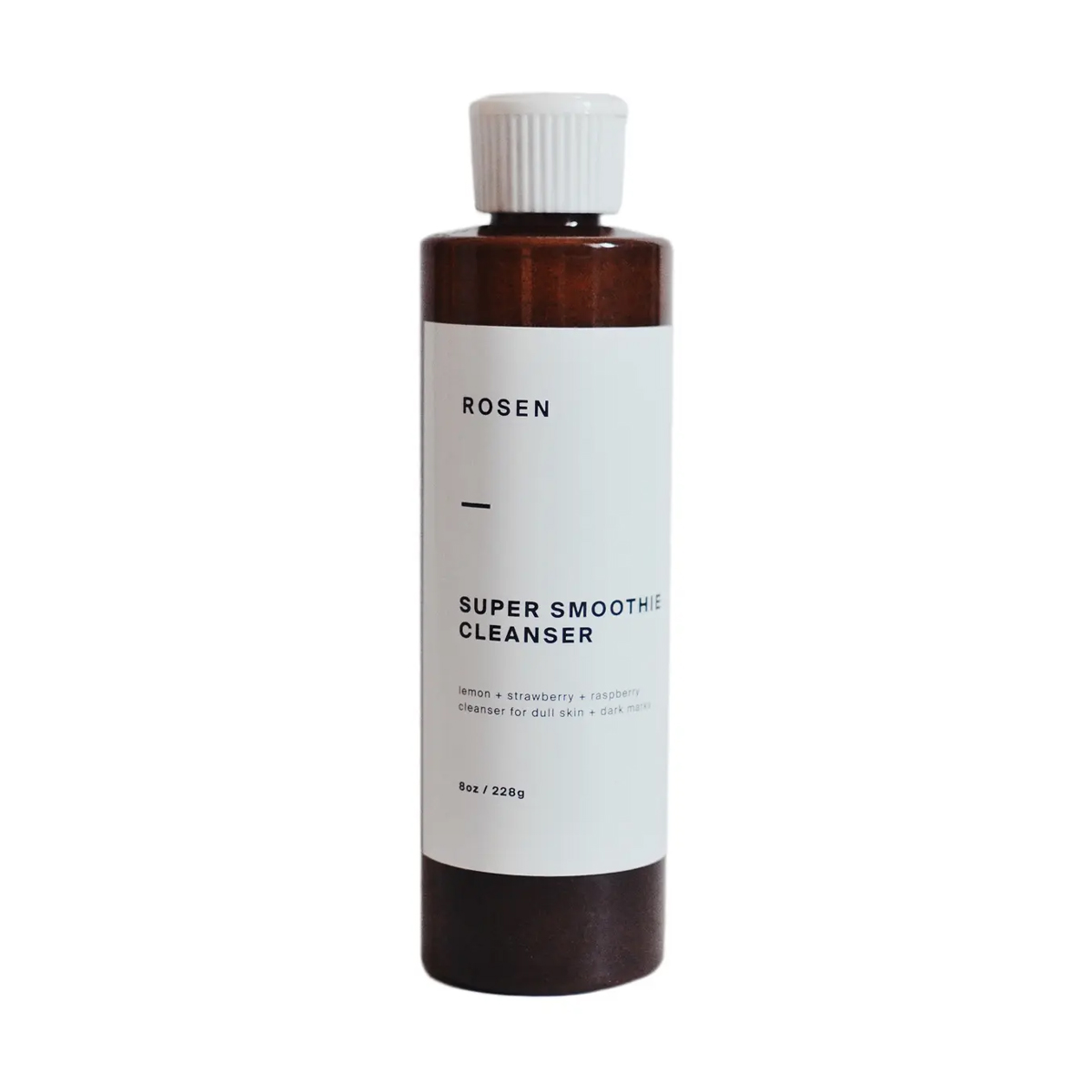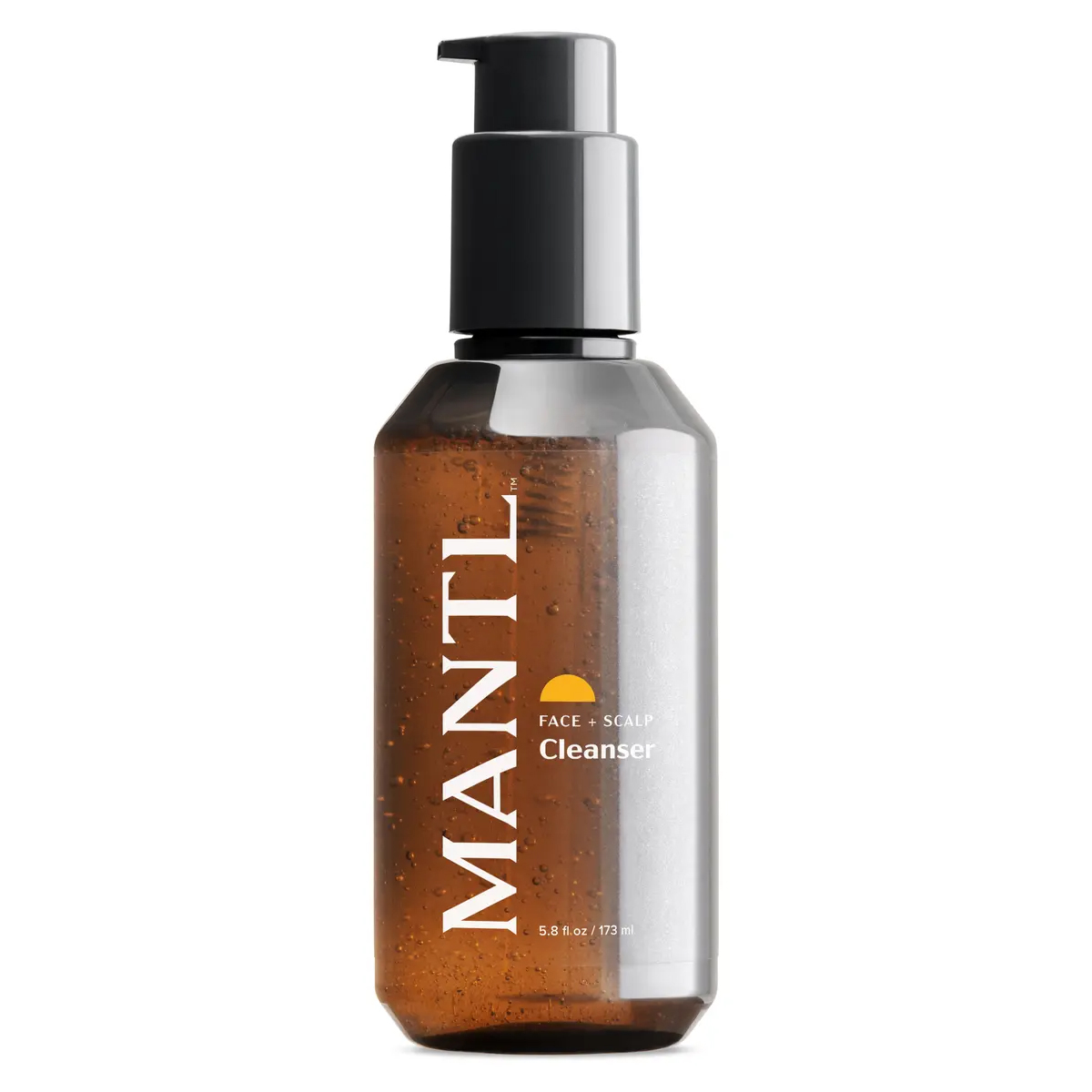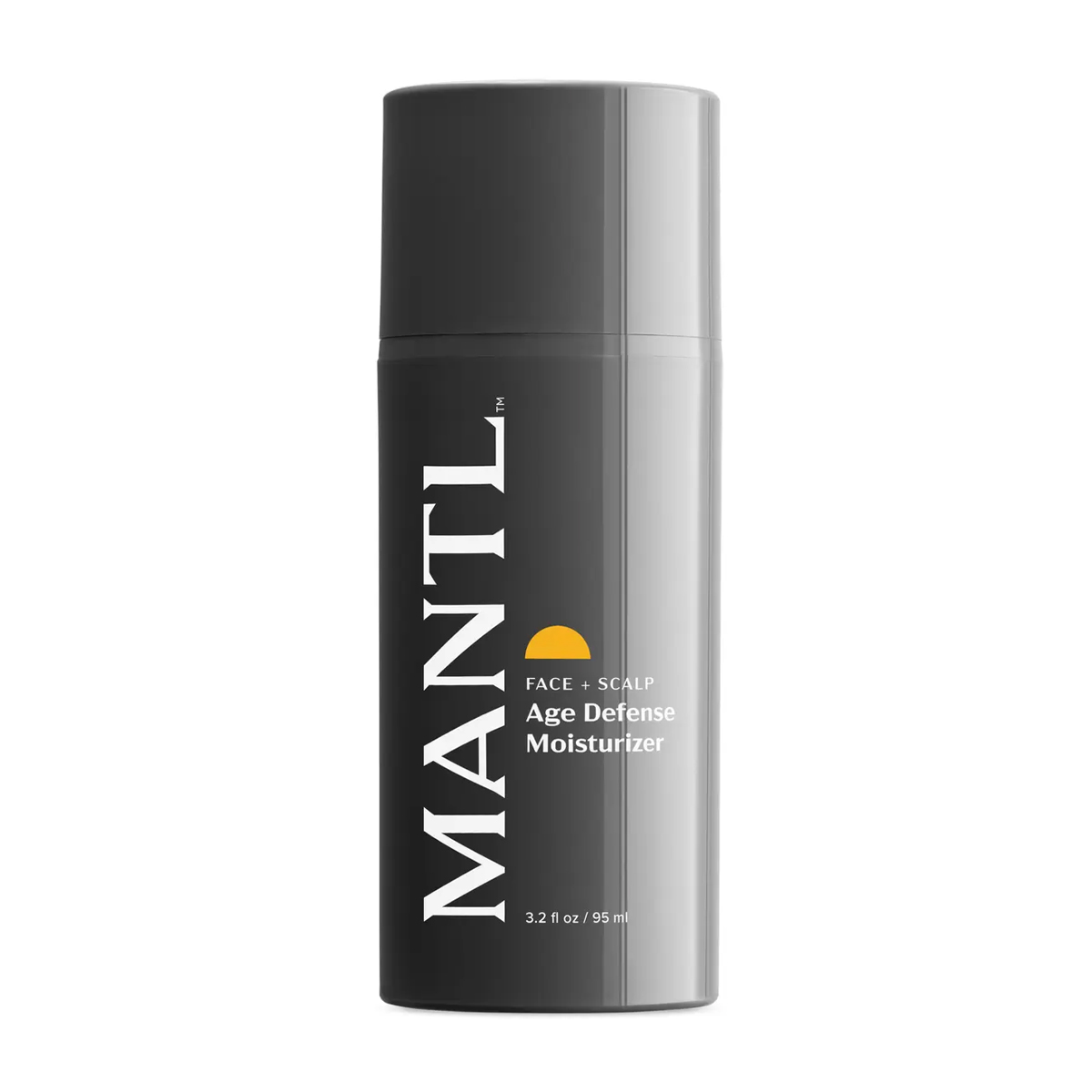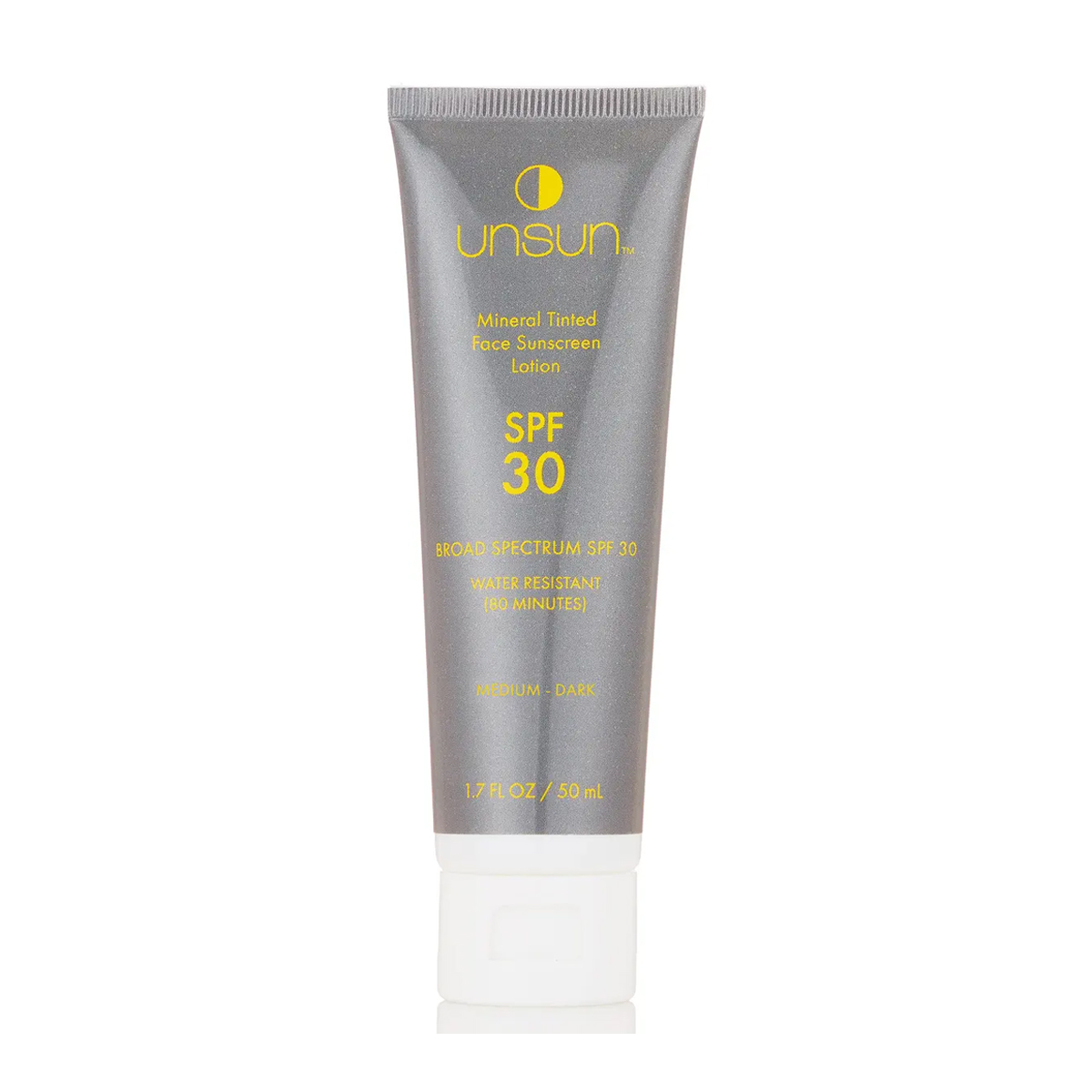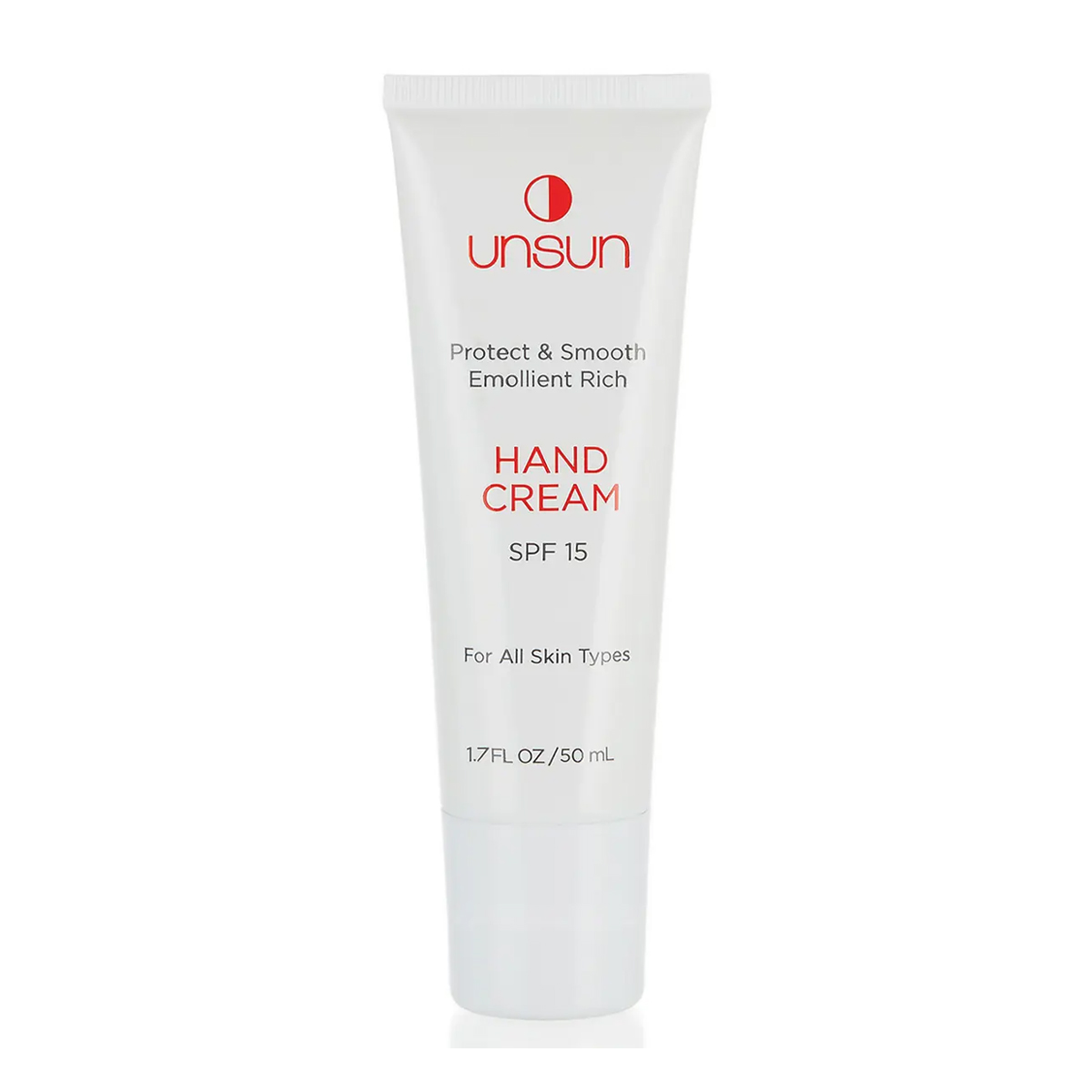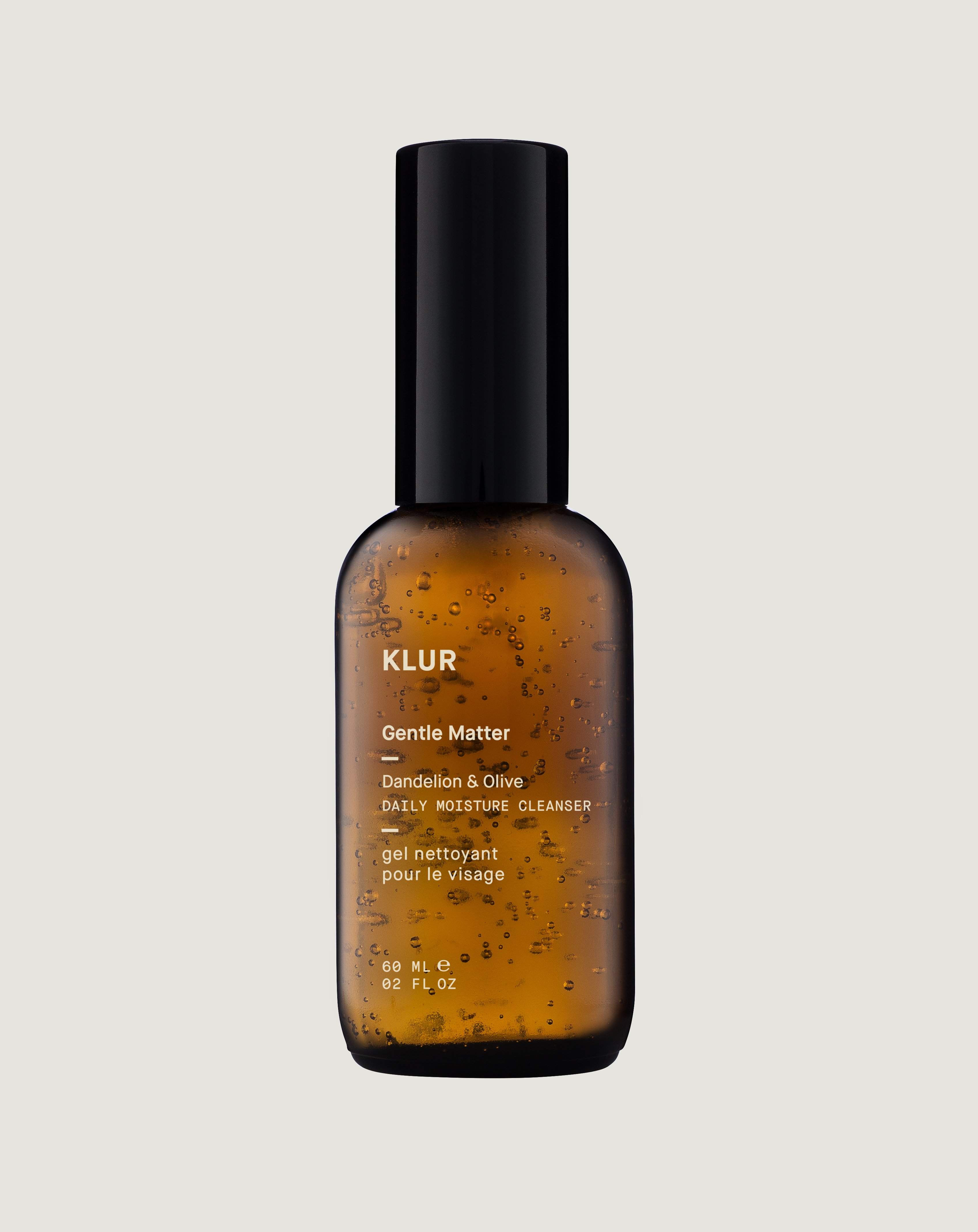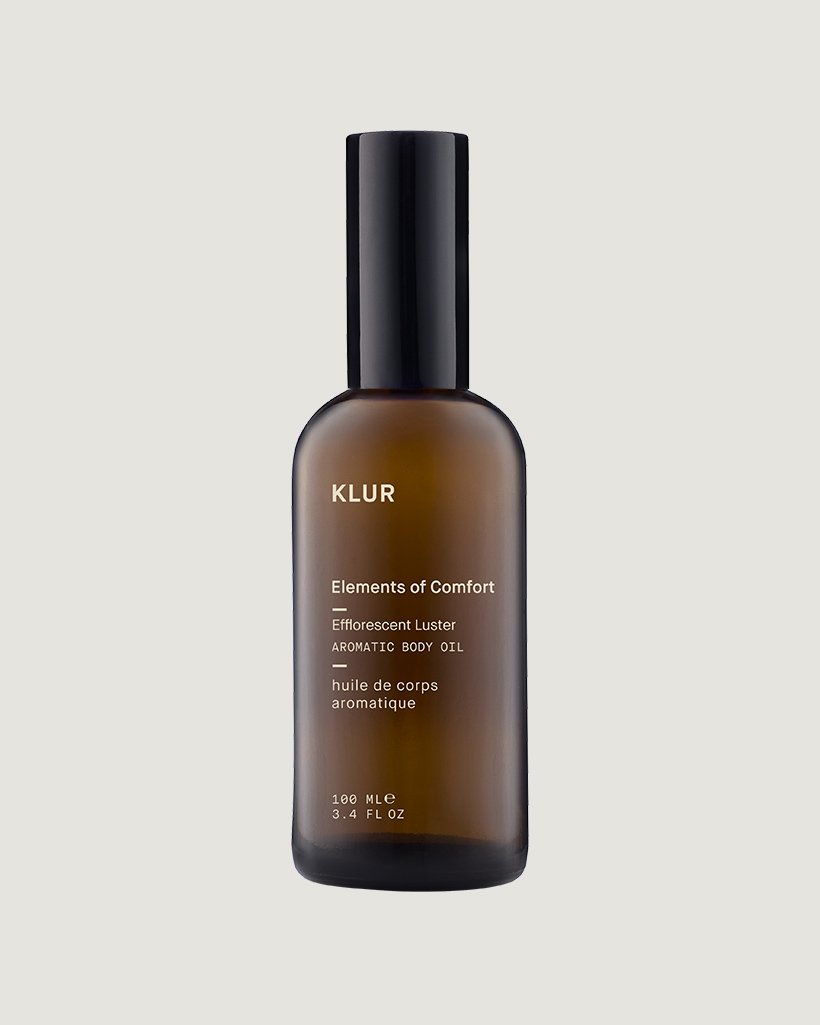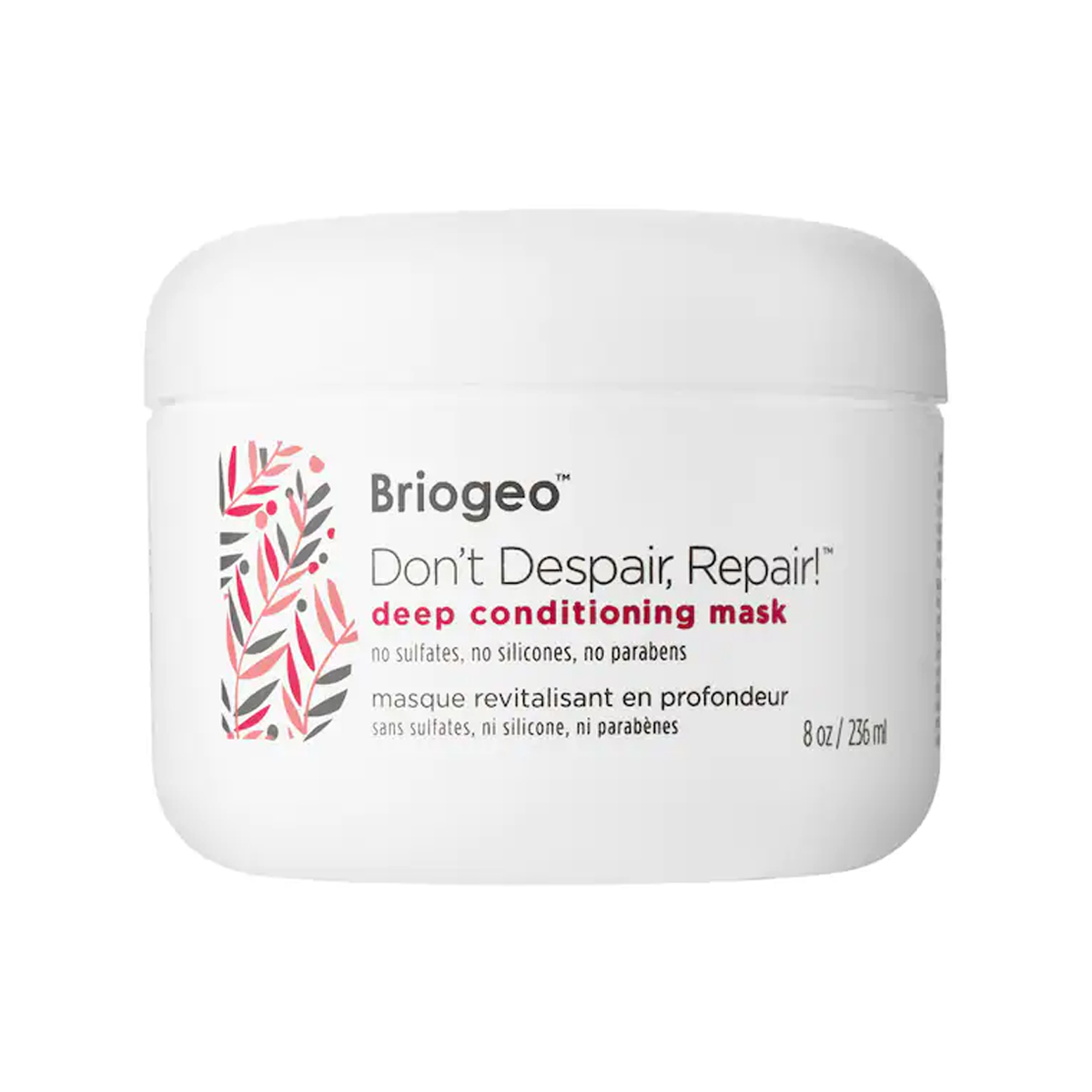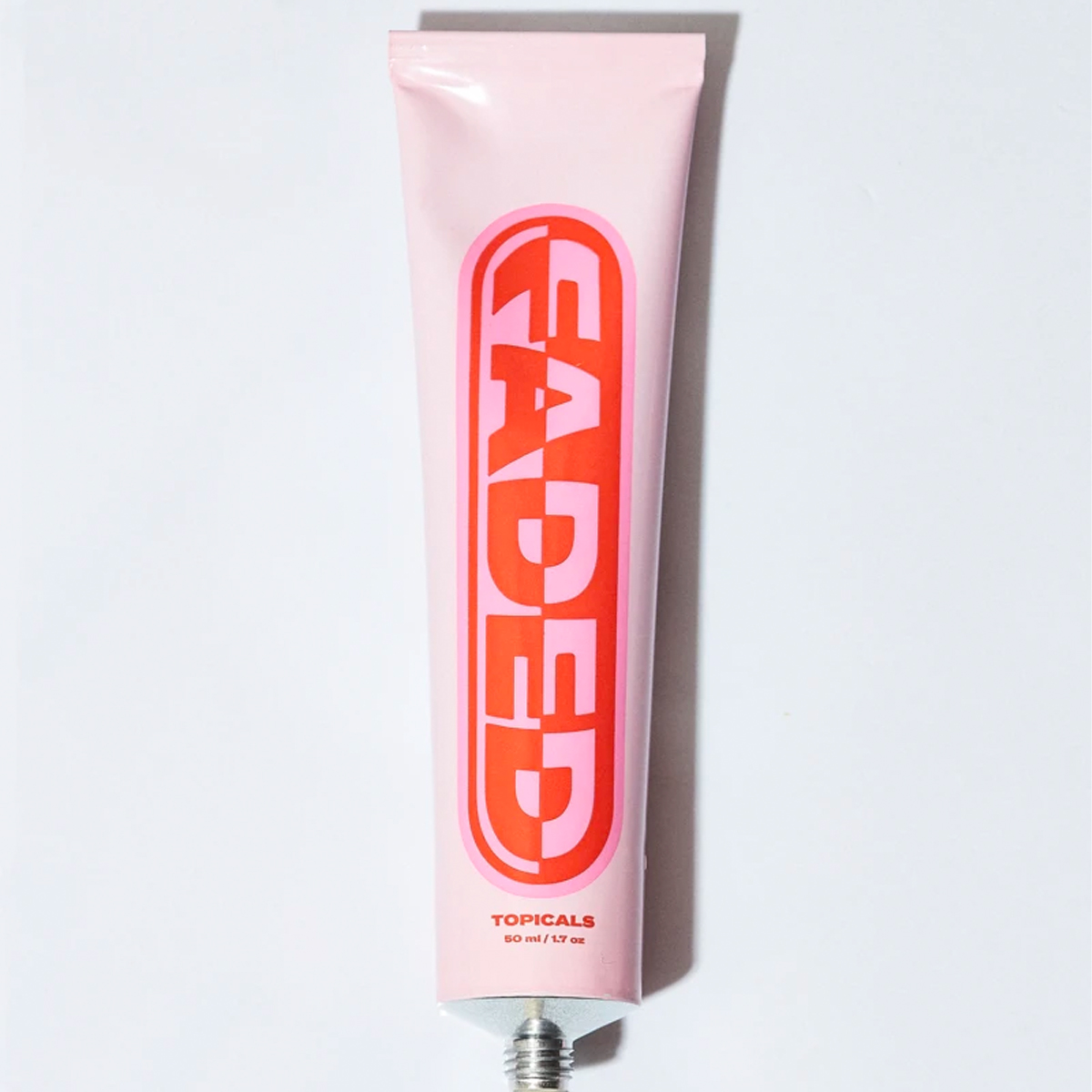Just Do It: How to Support Black-Owned Beauty Brands, According to 13 Founders
Looking back over the last 365 days, I can hardly believe all that's transpired. From a global pandemic to countless layers of social unrest and the spark of a movement that's seen Black folks and allies taking to the streets in the name of justice, it's as if a decade of events have been crammed into a short and extremely tense period of time. If you're feeling depleted, unfocused, or just plain unsure how to move forward, please know that these feelings are totally normal. But please also be aware that the work has only just begun.
For Black creators in the beauty space, this sentiment isn't new. As members of a devastatingly underrepresented group, these founders, CEOs, entrepreneurs, and dreamers know better than just about anyone that working harder to see baseline results is simply part of the Black experience. However, the true marker of success is the ability to push past the hardships and even use them to reach the sweet spots that can only be unlocked with untethered creativity, unapologetic authenticity, and relentless hard work.
Despite all the challenges presented over the last year, Black-owned beauty businesses are on the rise. Movements like the Fifteen Percent Pledge and Pull Up for Change have challenged brands and retailers to really look at their structures and make tangible changes to the way they approach diversity, inclusion, and equity. Now, it's your turn to show up. The black squares on Instagram were nice, but the time has come to put all that we've learned over the last year into action. Ahead, 13 Black beauty founders share their stories and their visions of how the support of Black-owned beauty businesses will grow and thrive in the years to come. Keep scrolling to learn more.
Abena Boamah, founder of Hanahana Beauty
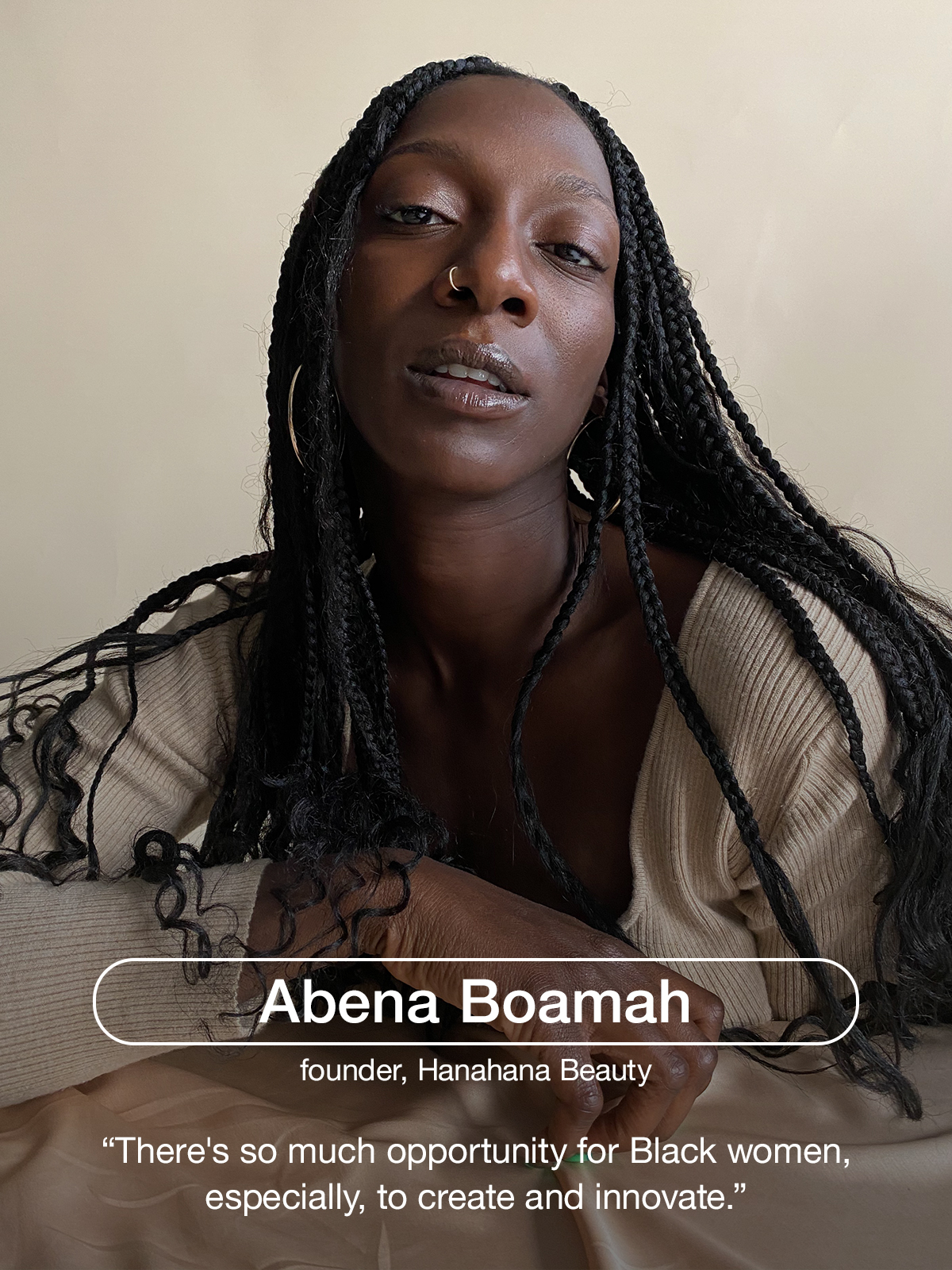
Describe yourself in three words.
Enjoyment, intuitive, flexible.
What does beauty mean to you?
To me, beauty means a lot of things. Right away, what I connect it with is love for self and being able to take time to care for yourself. Beauty to me, in scope, is self-love—intentional self-love.
What inspires you to create in the beauty space?
There's so much opportunity and space to actually create. There's so much room and space to take up. I think that's very inspiring. There's a lot of room to take up in this beauty space when you think about connecting sustainability in a very holistic way, especially when it comes to talking about Black women globally. There's so much opportunity for Black women, especially, to create and innovate.
What are some of the emotions that have come up for you as the plight of Black Americans has moved to the forefront of the collective consciousness over the last year, and how have these emotions helped or challenged you personally and/or professionally?
A lot of different types of emotions have definitely come up for me, from levels of frustration to the point of hope and also, sometimes, levels of hopelessness. But realizing how Hanahana has this platform where we can talk about issues or be a place where people can come to laugh or even to just take time for calm or be inspired in beauty has been really exciting for me—to know that we have that platform that we can utilize it in that way. It's definitely challenging at moments to even do work. We are a staff of Black women, from running our social page to the women that are creating the products, so everything that is going on is always affecting us. We just try as hard to take time for ourselves.
How can allies be helpful now, as it pertains to Black-owned beauty businesses? What actions would you like to see beyond performative social media posts?
Buying power is one of the biggest ways. Allies can obviously be helpful by actually purchasing products, sharing, and giving resources and opportunities. I think when it comes to the beauty space, there is so much opportunity, but at times, it doesn't even seem like it's feasible to scale when you're a small business, especially a Black-owned business. You don't even see the opportunities in scaling in a way that is for us. Continuing to create opportunities where people are receiving resources to scale, like vendor engagements or intros and all those different types of things. I think that's how allies in the beauty space can really help. And I think there are a lot of allies that are doing that, too, but it definitely has to go beyond social media posts. Social media is not the sustainable income for Black beauty businesses, so it's important to put your money where your mouth is.
Shop Hanahana Beauty:
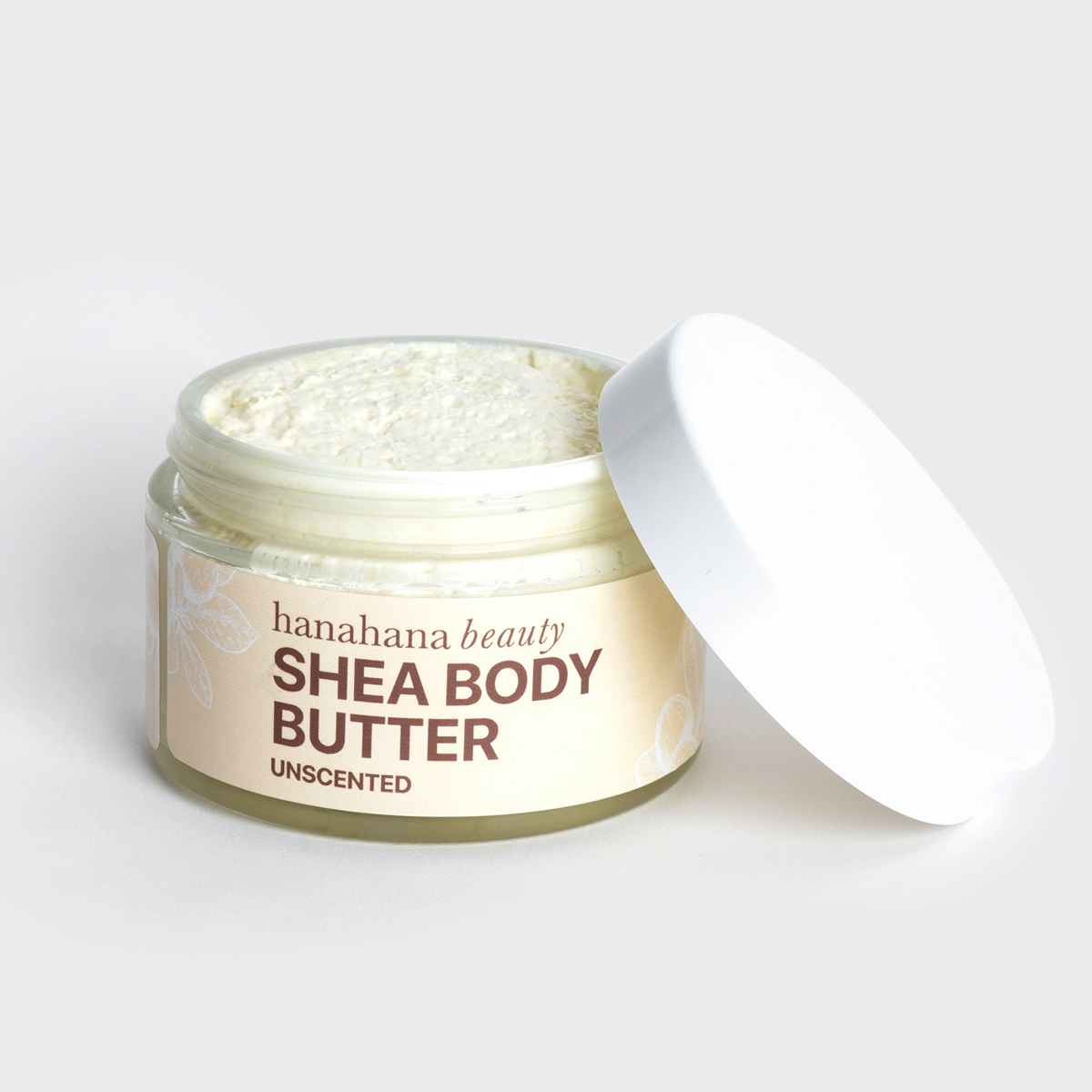
"I created these shea butters for comfort and, honestly, to not be ashy and just feel good. When I put on shea, I feel like I'm doing something for myself. I feel like I'm taking care of my body. I know I'm moisturizing, and I know I'm feeding my skin good things."
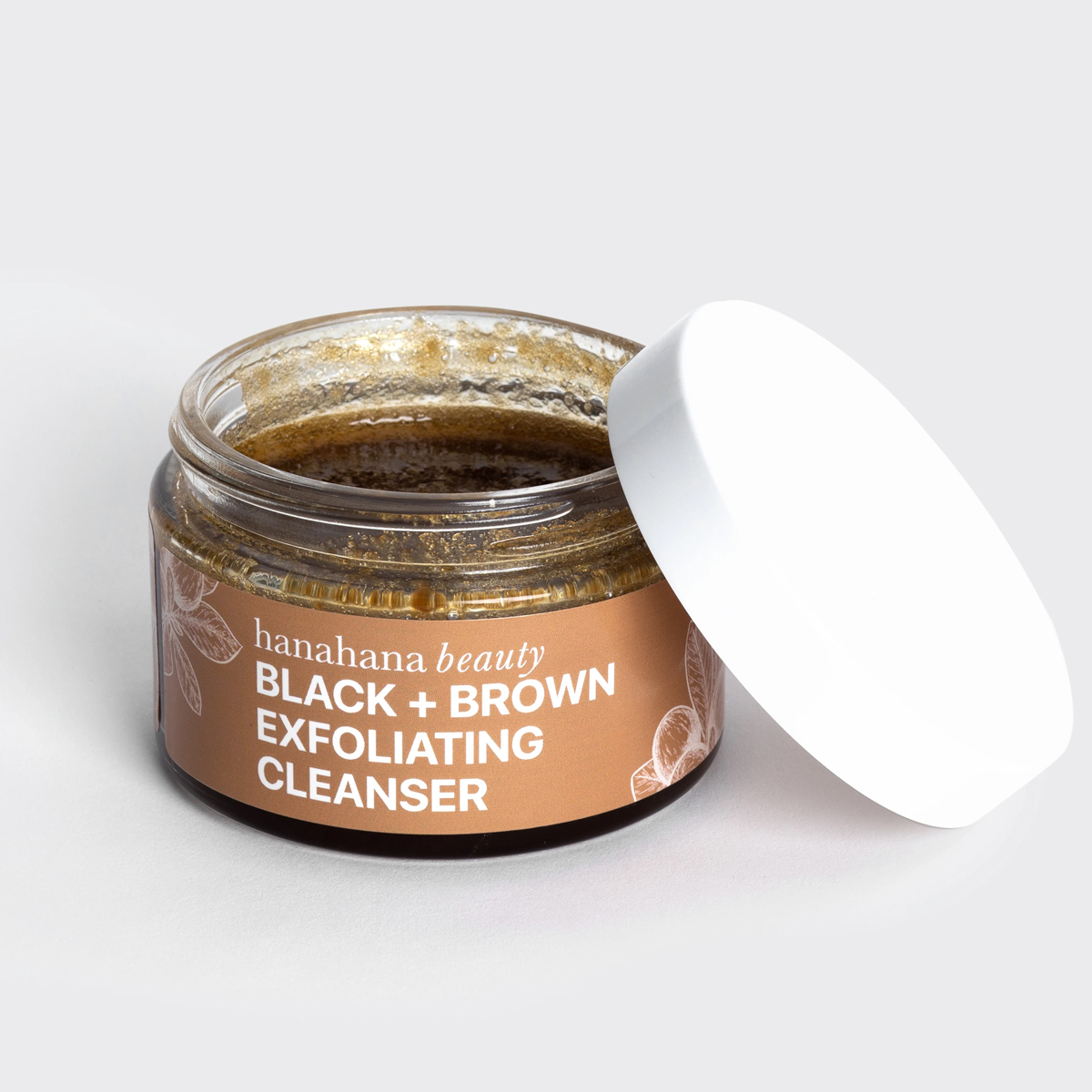
"The Black and Brown Exfoliating Cleanser is a necessity, and honestly, you must have the Exfoliating Body Bar ($22). So… You just must have all the things. I would not live without any of them."
Beatrice Dixon, co-founder and CEO of The Honey Pot Company
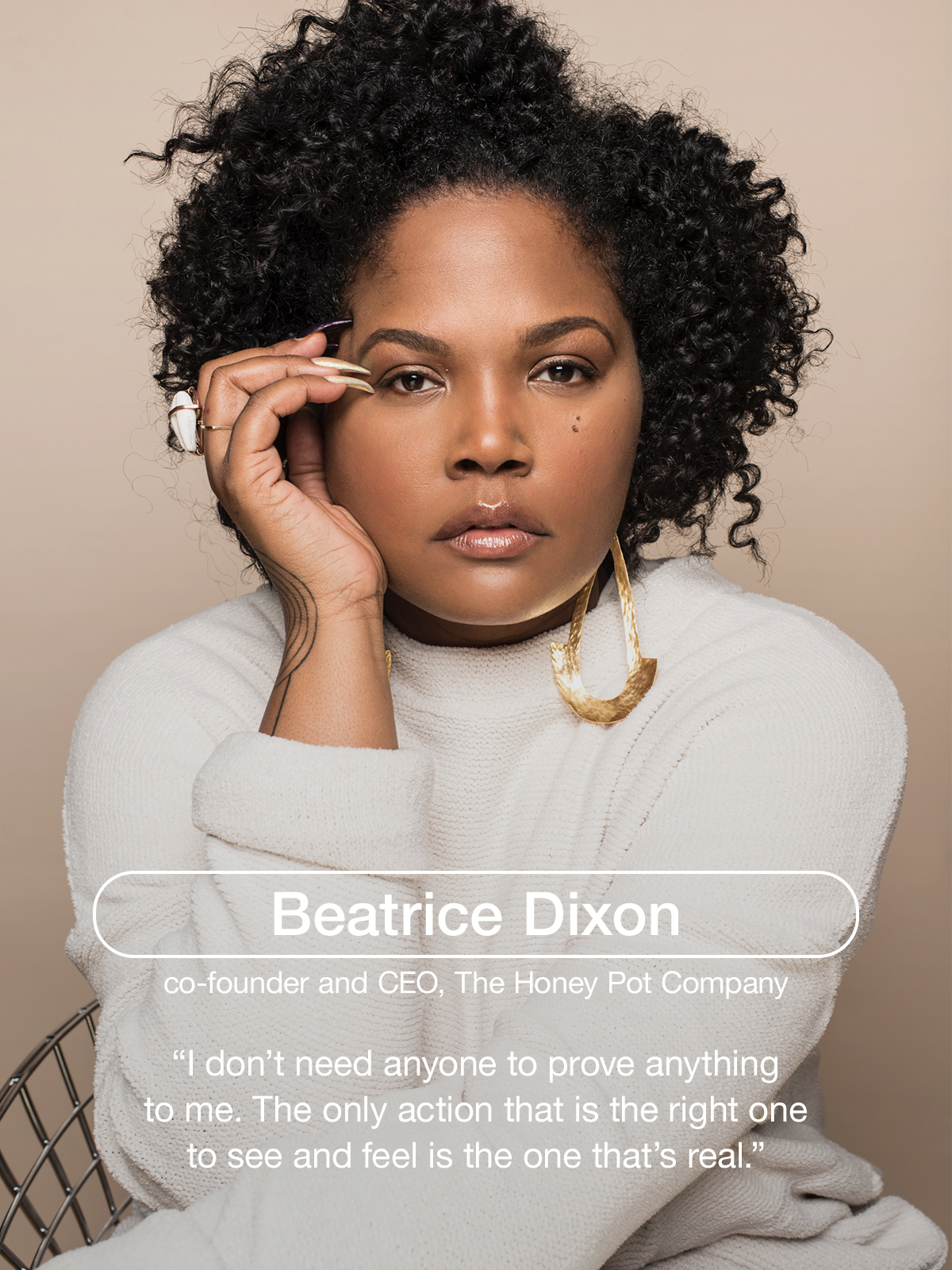
Describe yourself in three words.
Communicative, aware, present.
What inspires you to create in the beauty space?
I want to be the brand that inspires vaginas. The sheer fact that I have the opportunity to do so is what inspires me.
What are some of the emotions that have come up for you as the plight of Black Americans has moved to the forefront of the collective consciousness over the last year, and how have these emotions helped or challenged you personally and/or professionally?
Well, it’s beautiful to see the respect, attentiveness, and action toward the plight, but the mere fact that it has just now come into the forefront perplexes me because it’s always been here. Really, what it has done for me is show me that I must live on a high vibration and see things as they are. I think what’s important is that we come to this with what we have learned over the last 400 years and not what we have just started to pay attention to and learn in the last year. The construction of race was meant to keep us having this exact conversation… The good news is that this plight has awoken the world, especially here in the states. So many companies are putting humans and capital behind solving for the lack in our systems that created so much inequity, and it’s beautiful to be a part of that change in the world.
What actions would you like to see beyond performative social media posts?
I don’t need anyone to prove anything to me. The only action that is the right one to see and feel is the one that’s real.
What advice do you have for Black humans who want to effect change in the beauty industry as you have?
Know that you are capable of anything, even if it’s creating the next billion brand. But understand that if you choose to do that, then you should not be given a medal, and you are not extraordinary for creating such a thing. You are simply doing what you choose to do. I do not wish to make it sound like a simple thing to do, but I think it’s important to kill the stigma and ego that come with that.
Shop The Honey Pot Company:
Dorion Renaud, founder and CEO of Buttah
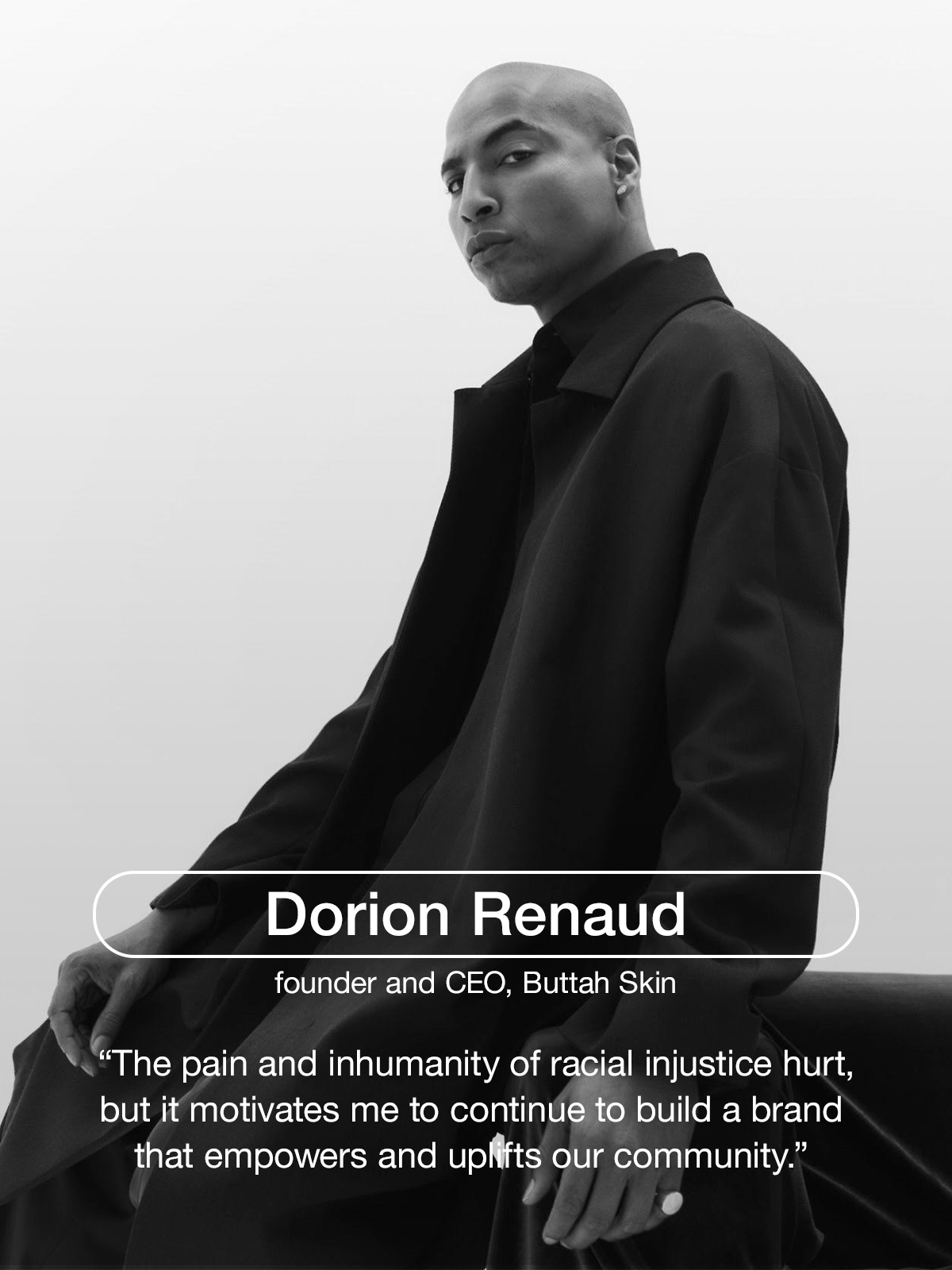
Describe yourself in three words.
Driven, caring, passionate.
What inspires you to create in the beauty space?
I’m inspired by every Black and brown face around me. I’m also driven by the impact Buttah is creating in our community by increasing visibility of us in the beauty industry.
What is an accomplishment or goal you’ve achieved over the last year, big or small, that makes you feel most proud?
I can’t point to one thing because the past year has been so transformative, but a few that come to mind include the Los Angeles Times article we were a part of back in September and the launch of Buttah Body. I’m a Texas native, but I’ve been in L.A. for over a decade, and to be recognized by a city that I love and now call home means the world.
What are some of the emotions that have come up for you as the plight of Black Americans has moved to the forefront of the collective consciousness over the last year, and how have these emotions helped or challenged you personally and/or professionally?
The first thing I feel is pride. I have always seen the strength, the beauty, and the perseverance of Black people. The pain and inhumanity of racial injustice hurt, but it motivates me to continue to build a brand that empowers and uplifts our community.
How can allies be helpful now, as it pertains to Black-owned beauty businesses? What actions would you like to see beyond performative social media posts?
It’s simple: Support us. Give us access to the same opportunities that our white counterparts have when it comes to starting a business, access to funding, and share resources.
Shop Buttah:
Jackie Aina, beauty and lifestyle content creator and founder of Forvr Mood
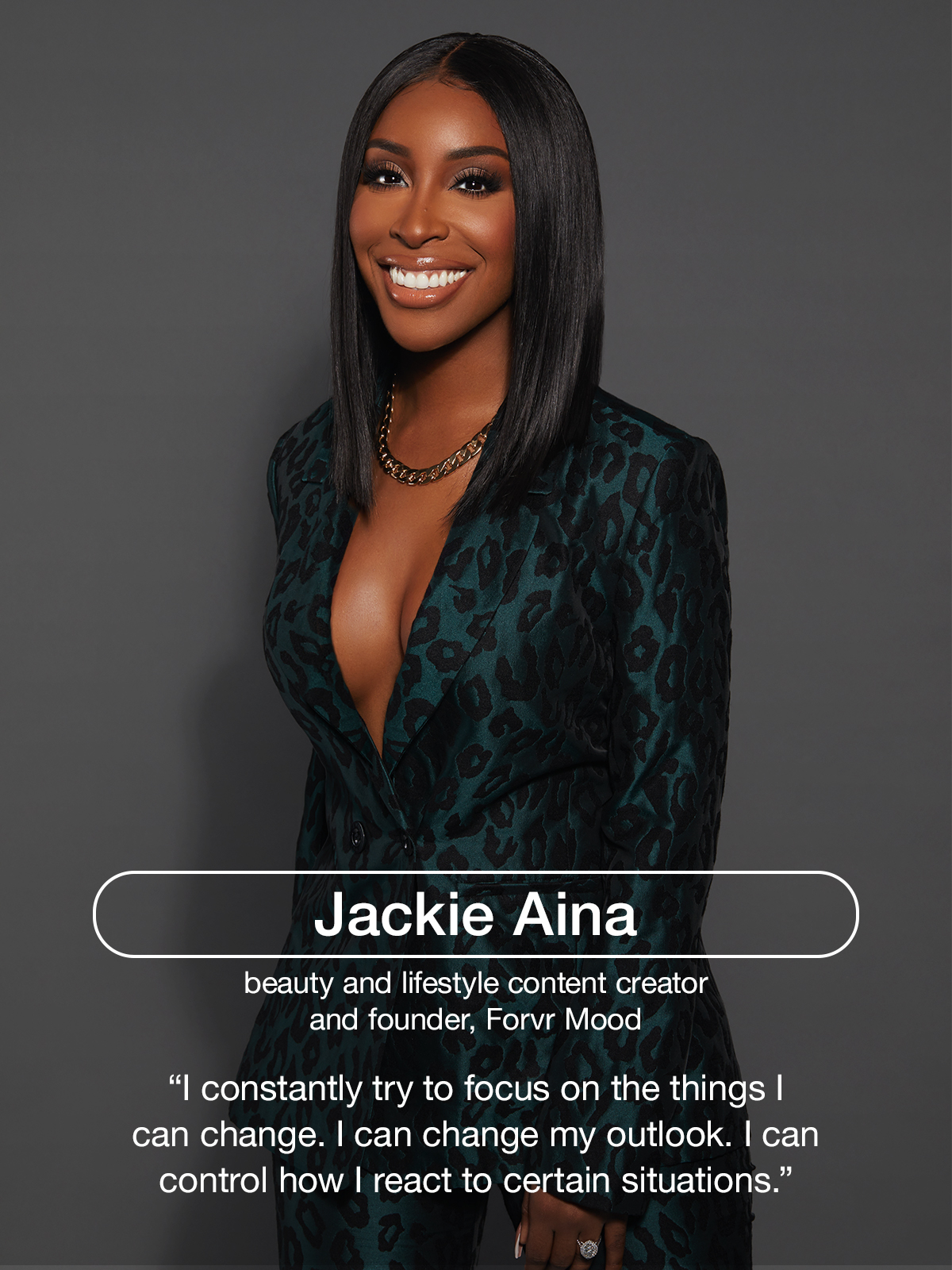
Describe yourself in three words.
Stylish, quirky, creative.
What does beauty mean to you?
Beauty means how I treat myself and how I treat people. I think beauty is a reflection not only of how you look outwardly but also how you feel about yourself and also how you treat people in that process. Do I put people above me? No, I never want to do that. I always want to be confident and be secure with myself but not at the expense of how I treat other people.
What is an accomplishment or goal you’ve achieved over the last year, big or small, that makes you feel most proud?
This may be a small accomplishment to some, but just being alive in a pandemic is something we should all be proud of. I know that that sounds very cliché, but it’s something that I try not to take for granted at all. It’s something that I am very appreciative of. I launched a new brand in the midst of a pandemic, and that could have gone way left field. It's incredibly amazing, but I’m the proudest and I feel the most accomplished at just being alive, healthy, present, and still somewhat thriving.
How can allies be helpful now, as it pertains to Black-owned beauty businesses? What actions would you like to see beyond performative social media posts?
I think allies need to stop looking for credit for being allies, and they just need to do what comes naturally to them. Do the same things that you do for your non-Black peers. The same way you’d walk into a store, buy a product, and not second-guess it, do the same thing for Black-owned businesses, and don’t do it for credit or accolades. Just live life the same way we do as Black consumers when we shop. Also be mindful that a lot of Black-owned brands operate at the level of small businesses, at least most of them that we’re aware of. Just be mindful of logistics like delayed shipping or a slower customer service response time compared to more established brands. I wish a lot of people were mindful of that and sensitive to that.
When the outside world feels out of control, what brings you back to yourself and your mission?
I constantly try to focus on the things I can change. I can change my outlook. I can control how I react to certain situations. Even right now more than ever, I can control how much of the outside world that I am exposed to. Sometimes, it means unplugging for a day or two or even a couple of hours. That’s something that I am incredibly proud of. I’ve managed to build a really healthy relationship with social media. Social media can trigger a lot of negative things sometimes, and that’s one of the things that I can control. I can control how much of that I am exposed to, how frequently I’m exposed to it, and how much of that actually affects my mental health.
Shop Forvr Mood:
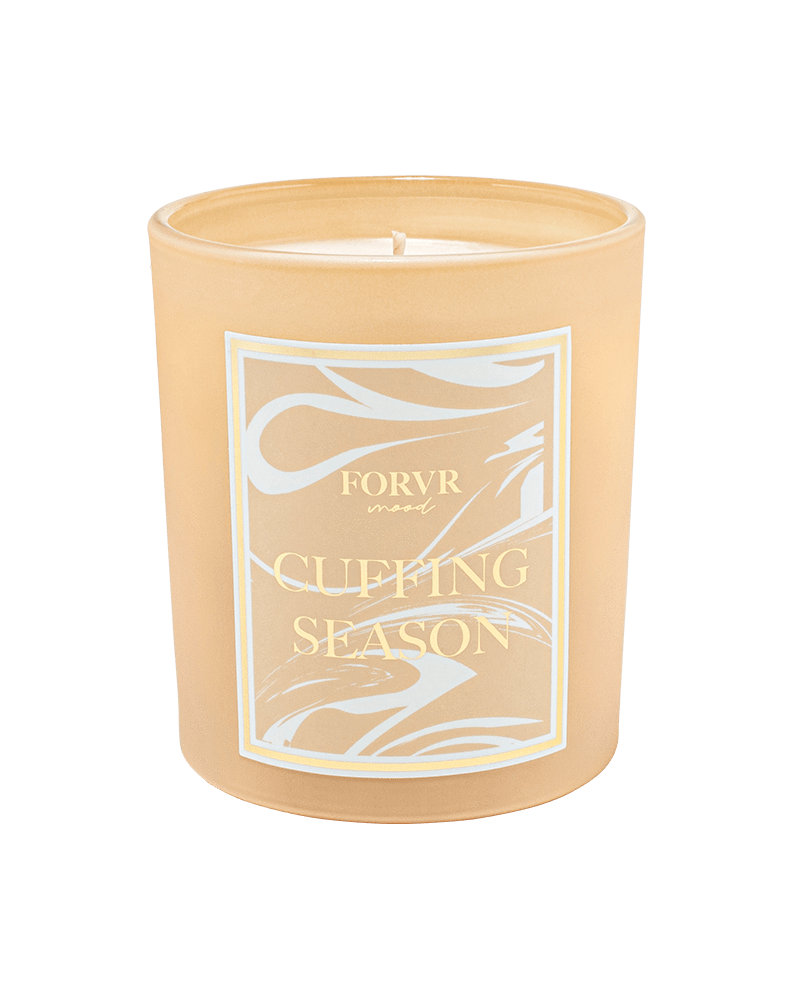
"If I have to pick a single candle to recommend, I’m going to say Cuffing Season because it was one of the candles that we launched with. I think it’s probably the most popular and neutral out of our core collection. It constantly gets incredible feedback. It’s not too feminine or too masculine of a scent. It’s so well-loved by everybody. I think people will definitely feel good starting there."
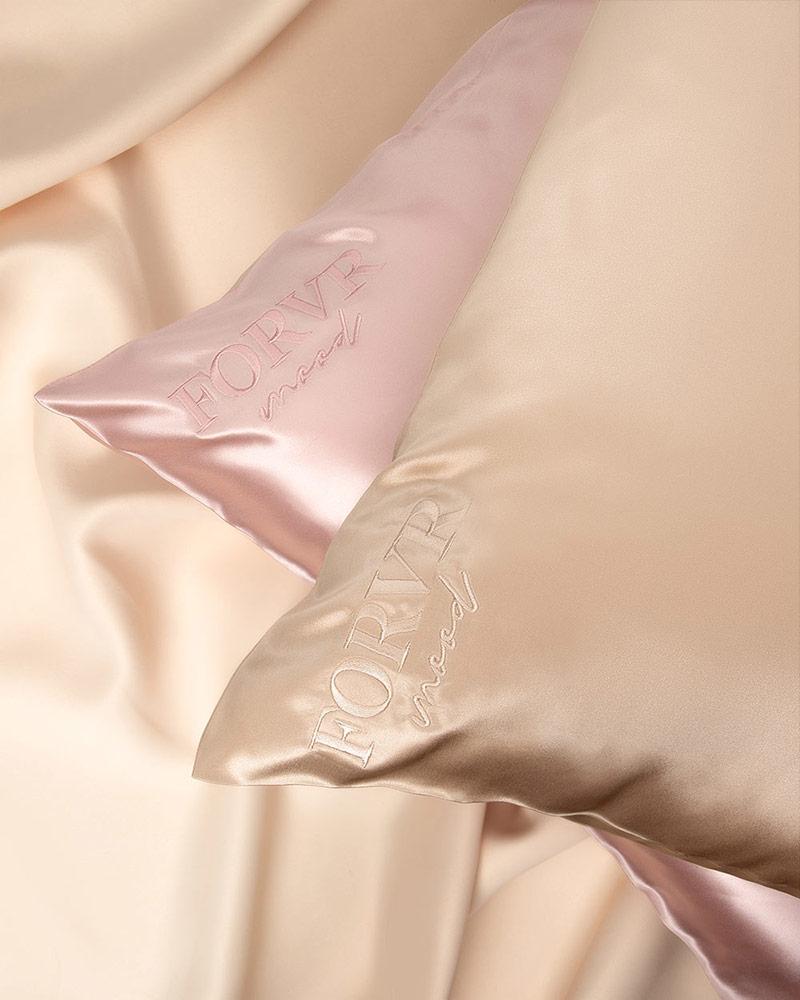
"I also think everybody needs silk pillowcases. They’re great for your skin and your hair, especially if you have curly hair. With my skincare routine at night, I love knowing that everything that I’ve put on my face isn’t going to be dried up by a cotton pillowcase or anything like that. I love silk because it keeps the integrity of the products I use at night intact."
Jamika Martin, founder and CEO of Rosen Skincare
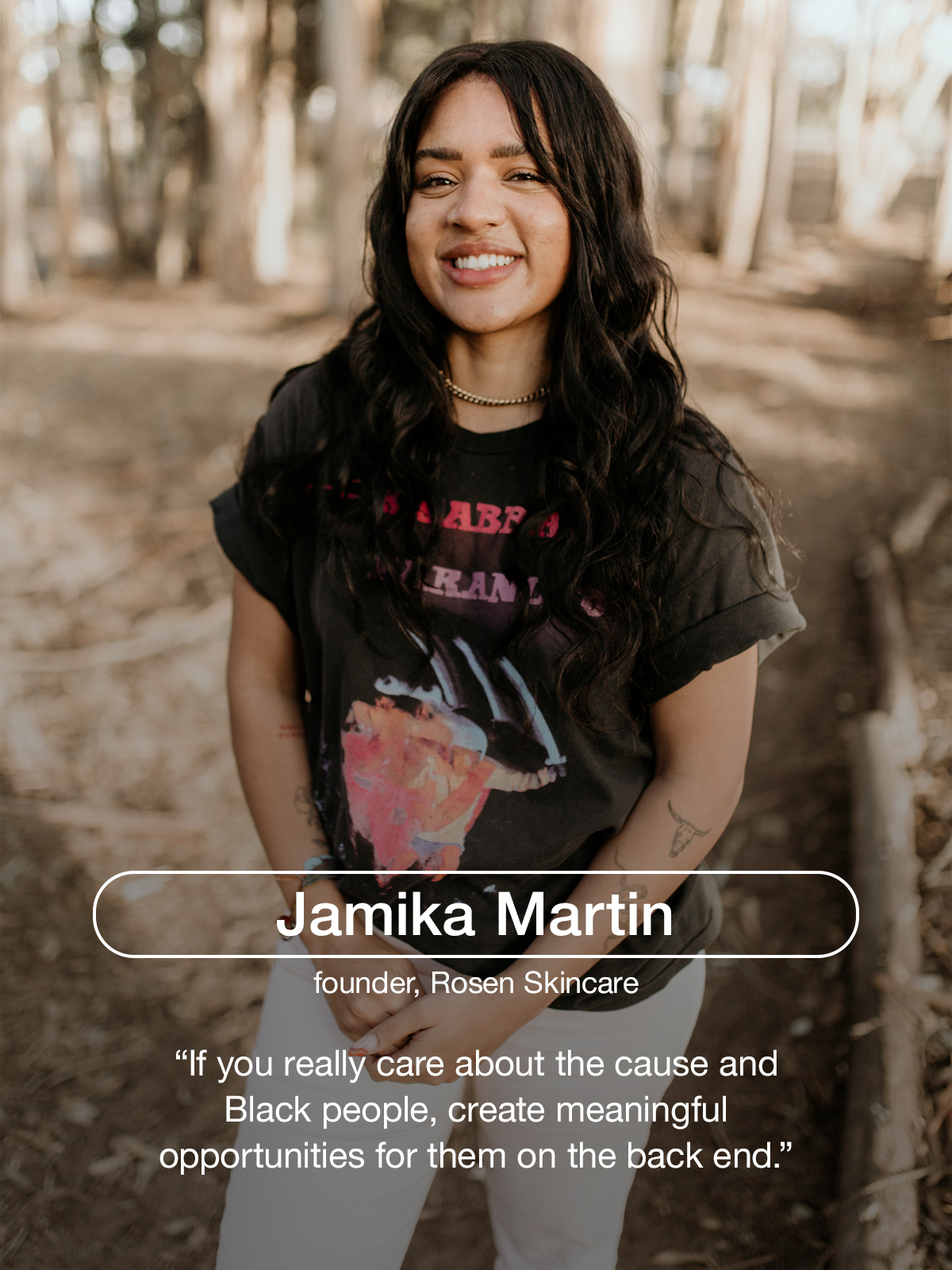
Describe yourself in three words.
Laid-back, self-starter, caring.
What inspires you to create in the beauty space?
Other founders and brands, my own research around skincare (acne specifically), and the millions of ways we can approach innovative and meaningful solutions for our customers.
What are some of the emotions that have come up for you as the plight of Black Americans has moved to the forefront of the collective consciousness over the last year, and how have these emotions helped or challenged you personally and/or professionally?
I’ve felt a lot. Anger for this issue continuing to persist years after the public has been made aware of it. Hopelessness for the same reasons. But then, I feel hope for the movement of the conversation and the sheer number of folks getting involved. Specific to work, I feel wary of non-Black folks using our lives, work, and emotions as a checkbox for whatever they need to do to pat themselves on the back. The last emotion has particularly helped me with partnership selection as I navigate a space where everyone wants to partner with a Black-owned brand.
How can allies be helpful now, as it pertains to Black-owned beauty businesses? What actions would you like to see beyond performative social media posts?
In the beauty space or any other space, really, including Black people. Not just for marketing, not just for photo shoots or shade ranges, but for key decision-making. If you really care about the cause and Black people, create meaningful opportunities for them on the back end.
What advice do you have for Black humans who want to effect change in the beauty industry as you have? Are there any resources you’d recommend seeking out?
Connect with other Black founders and creators—it's one of the best steps I made to find a community where I feel so completely understood. Also, the New Voices Foundation is a top-tier resource for Black women–owned businesses.
Shop Rosen Skincare:
Karamo Brown, co-founder of Mantl
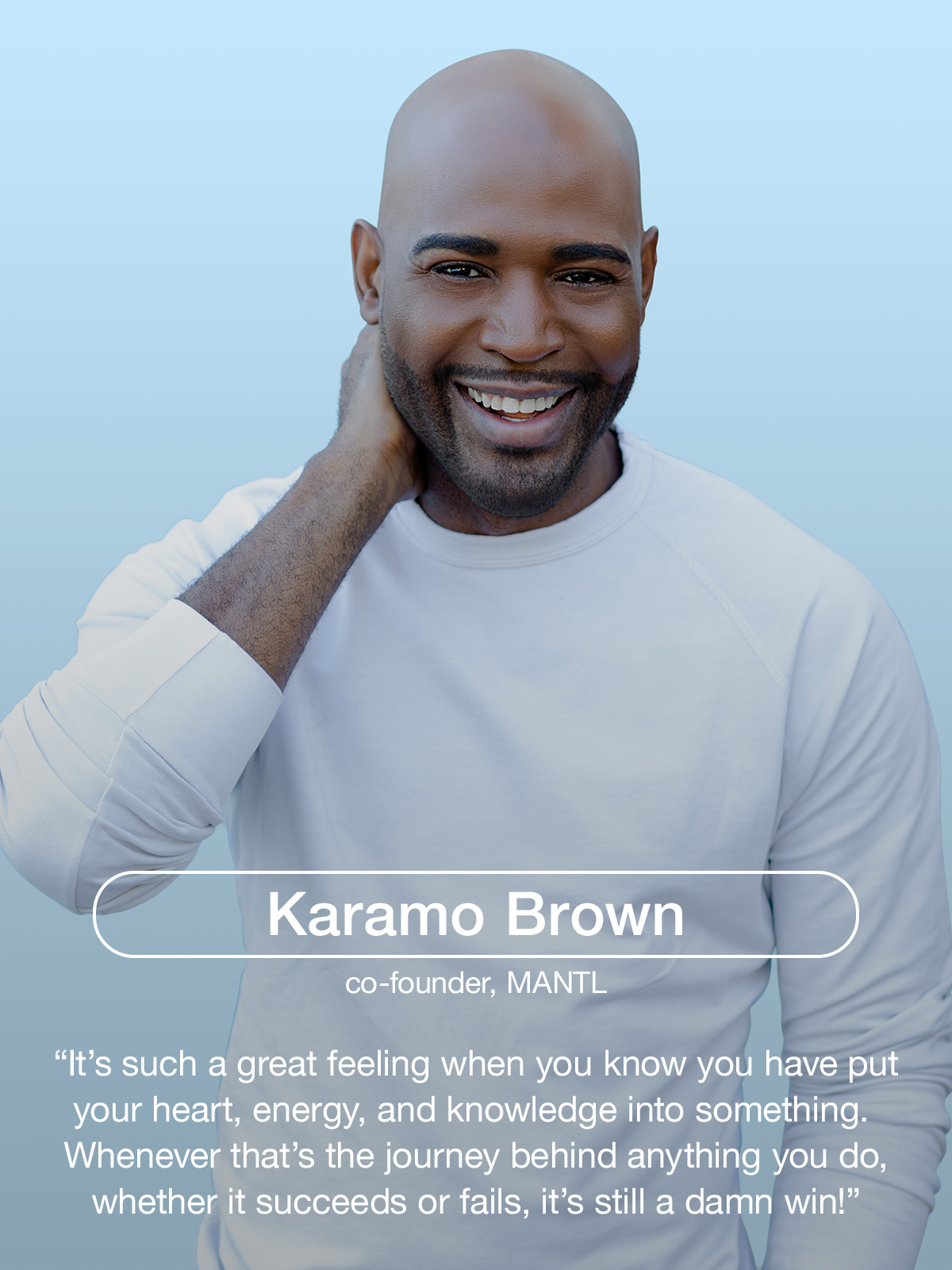
Describe yourself in three words.
Transparent, fun, daredevil.
What does beauty mean to you?
I feel it’s our "imperfections," the very thing that makes you stand out from the rest. Embrace that imperfection, honey!
How can allies be helpful now, as it pertains to Black-owned beauty businesses? What actions would you like to see beyond performative social media posts?
Our allies can add to our success stories. We already know our story. The people who are non-Black or people of color who truly respect our journey, it’s now their responsibility. It’s their responsibility to educate and communicate to their loved ones, co-workers, neighbors, etc. Help them see what the conflict is and why it matters. We are human and equal, not less.
What advice do you have for Black humans who want to effect change in the beauty industry as you have? Are there any resources you’d recommend seeking out?
I’ll say it starts with self. When I started balding, I listened to the masses in regard to what was considered handsome or beautiful. I realized one day that this was inevitable. Once I embraced the change, I started a new journey, and now, we have Mantl. We are all different and have our struggles, so use that and make it a success. You may think you are alone but trust that you are not. Let that be a driving force to help you and to help others.
When the outside world feels out of control, what brings you back to yourself and your mission?
That would be confidence! It’s such a great feeling when you know you have put your heart, energy, and knowledge into something. Whenever that’s the journey behind anything you do, whether it succeeds or fails, it’s still a damn win!
Shop Mantl:
Katonya Breaux, president and CEO of Unsun Cosmetics
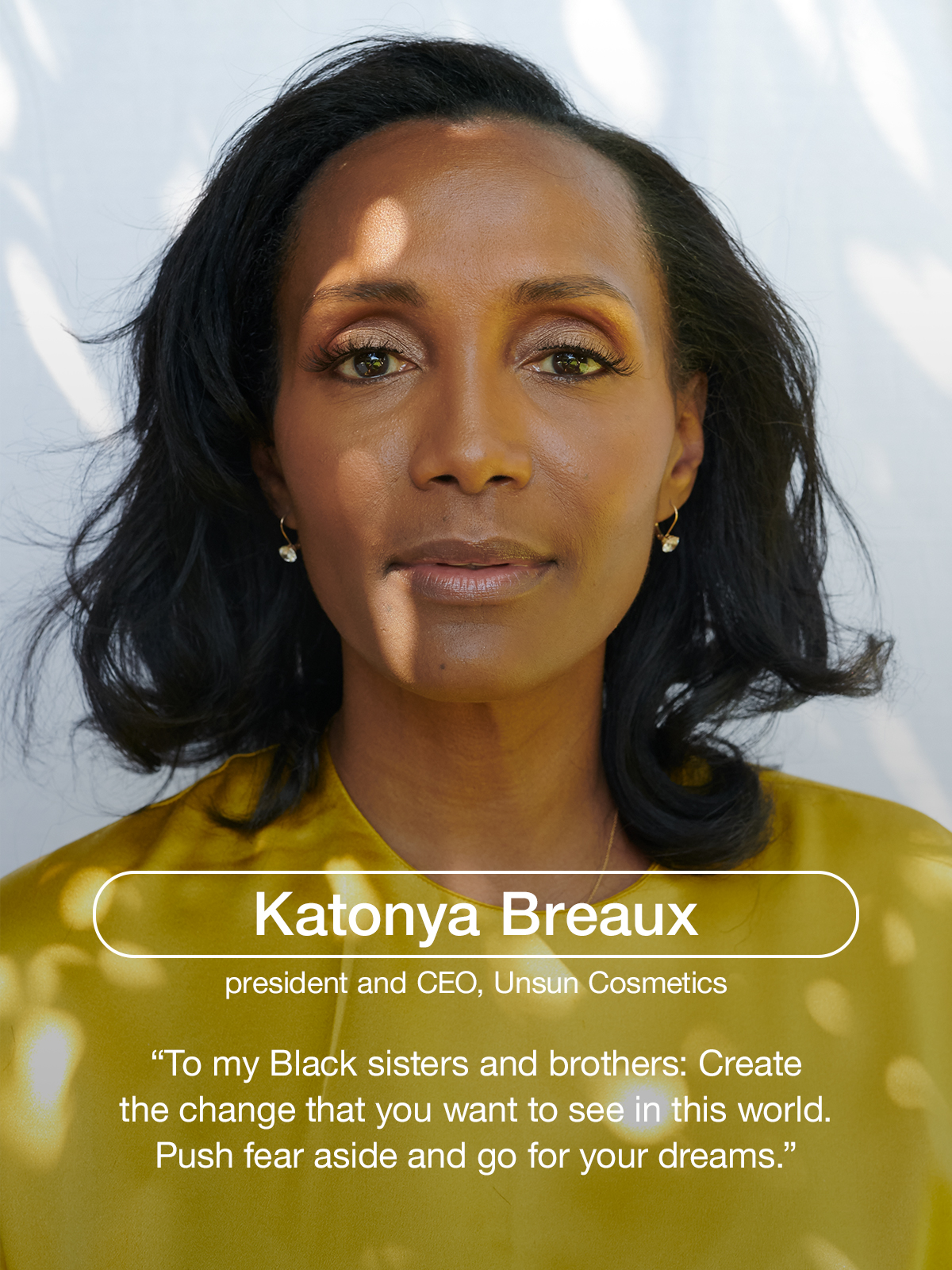
Describe yourself in three words.
Sensitive, outgoing, adventurous.
What does beauty mean to you?
The idea of beauty has changed for me recently. If you asked a year or so ago, I would have responded by saying that beauty is looking great to yourself and to others. Today, however, beauty means so much more. It's about feeling beautiful and seeing the beauty in others. Feeling beautiful makes you want to care for yourself and your skin; seeing beauty in others makes you want to care for them. In this case, from where I stand, caring for others means offering quality products that are not only good for them but also good for the planet.
What is an accomplishment or goal you’ve achieved over the last year, big or small, that makes you feel most proud?
I'm proud of getting rid of plastic and switching to sustainable packaging!
What are some of the emotions that have come up for you as the plight of Black Americans has moved to the forefront of the collective consciousness over the last year, and how have these emotions helped or challenged you personally and/or professionally?
My heart has been warmed by the recent activities surrounding Black-owned beauty businesses. We were in the throes of concern due to COVID-19 in the early months, and the outpouring of support during those impactful days left me both hopeful and concerned. I was concerned that this was a "trend," and we all know that trends change. Black business should not be trendy; these are real lives that have had great impact on others. The support was tremendous, and I hope to see it continue.
What advice do you have for Black humans who want to effect change in the beauty industry as you have? Are there any resources you’d recommend seeking out?
To my Black sisters and brothers: Create the change that you want to see in this world. Push fear aside and go for your dreams. There are so many free workshops that can help you. Shopify has many as well as numerous other organizations. Seek out the support and benefit from others who have walked this path before you.
Shop Unsun Cosmetics:
Kristen Noel Crawley, founder of KNC Beauty
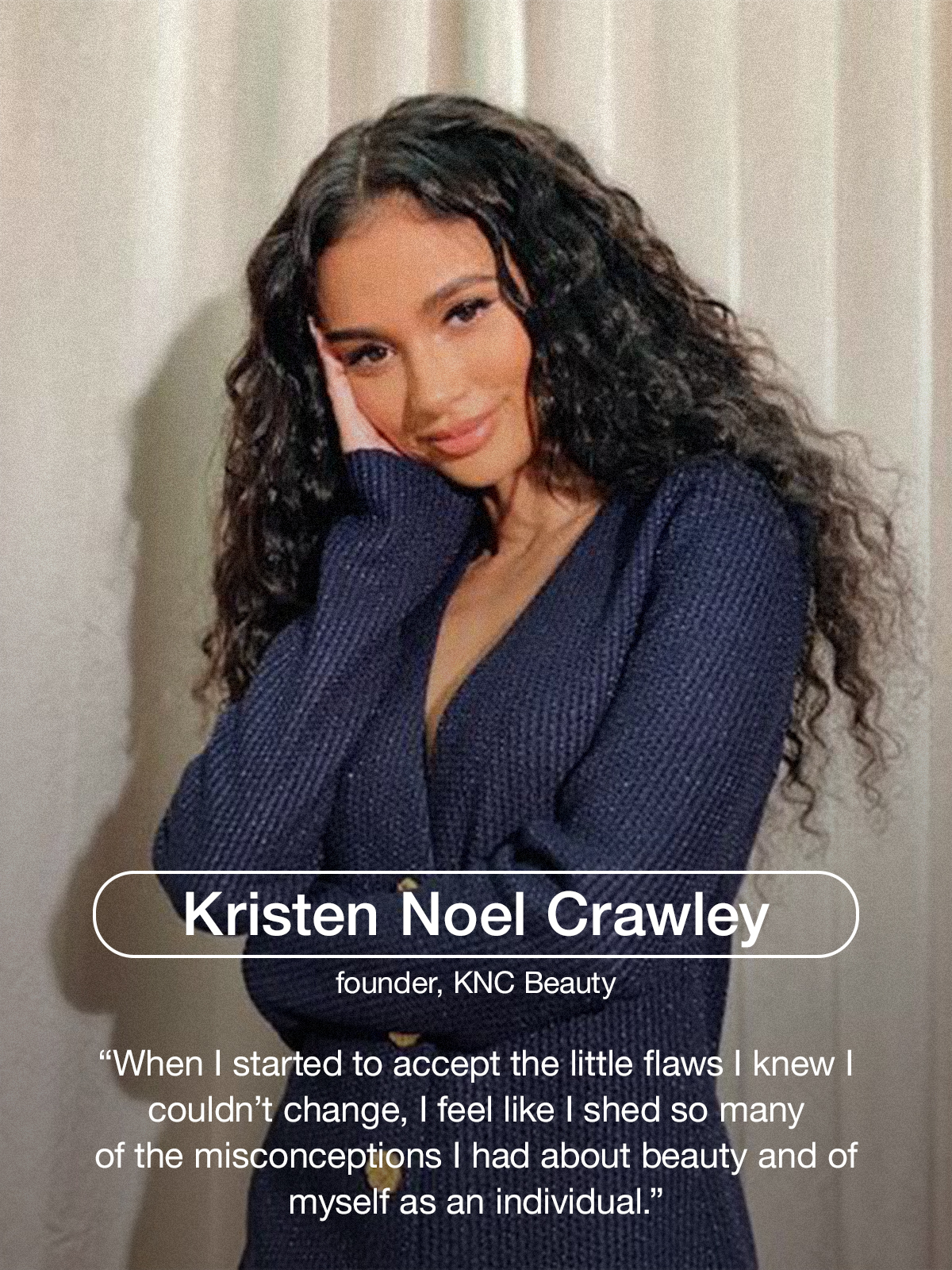
Describe yourself in three words.
Perceptive, thoughtful, dreamer.
What does beauty mean to you?
For me, beauty is about acceptance and empowerment. Learning to accept yourself and love that person you see in the mirror can be a long journey, one that lasts a lifetime. When I started to accept the little flaws I knew I couldn’t change, I feel like I shed so many of the misconceptions I had about beauty and of myself as an individual. I felt more empowered from within, and I think that started to show outwardly in both my confidence and lifestyle. Part of it is also learning to accept others and the various standards of beauty that can coexist in our world. This is something I’ve tried to establish through KNC Beauty from the start, as I’ve always wanted my brand to be inclusive of everyone, no matter your expression of beauty. It gives me a sense of strength to know that I’m building a community of like-minded individuals who share the same values as me.
What is an accomplishment or goal you’ve achieved over the last year, big or small, that makes you feel most proud?
I’m extremely proud of the KNC School of Beauty, as it’s been such a success, and we were able to organize the entire production in a virtual capacity while under the limitations of quarantine. There were a lot of moving parts, but the finished product has led to some of the most meaningful conversations I’ve had in the last year. I’m so thankful to all of the women who have joined me in this initiative, and I was so proud to see my longtime partner Revlon support us as a corporate sponsor, offering a $10,000 grant to a selected finalist from each session we hold. It felt like everything truly came together in the best ways possible, and I couldn’t have done it without my team at Sun-ny Side Up, who helped to organize and implement everything so that we were able to make the splash we wanted to. I’m so proud of the community that has been built among our audience over the last three sessions, and I’m really looking forward to developing this further as the year goes on.
What are some of the emotions that have come up for you as the plight of Black Americans has moved to the forefront of the collective consciousness over the last year, and how have these emotions helped or challenged you personally and/or professionally?
I’ve felt a lot of frustration and anger over the past year due to the racism and rhetoric that's so blatantly in our faces that people continue to display all across the country. It makes me sick, and it makes me sad because, as a parent, I never wanted my children to grow up in a society where these systems continue to keep us down. We’re a Black family, and this will directly affect the future my kids have in this world. I’ve felt conflicted as a mother not knowing exactly how to address these topics with my boys, which has been difficult because it doesn’t feel fair that we have to teach these things to our kids so young. I want them to grow up knowing they can be whomever they want without fear or judgment from others. Professionally, I very much wanted to take a stance with my business to show that we can be a leader in this conversation and actually encourage change as a Black-, female-owned brand.
How can allies be helpful now, as it pertains to Black-owned beauty businesses? What actions would you like to see beyond performative social media posts?
I think that as consumers we have to make a pledge to continue and diversify our shopping habits. Whether it be local, women-owned, or POC-run, we must find ways to support businesses that don’t necessarily have the same visibility as a corporate operation. I’ve had a lot of success finding these smaller companies on social media, through which I’ve been able to connect and actually support them with my dollar. To be an ally, you have to show your monetary support and buy the product or service provided. It takes a lot to grow a business, and financial investment is where it can start most of the time. Even retailers that carry Black-owned brands and have shown support through initiatives like the Fifteen Percent Pledge need to do more to build these labels up and bring them to the forefront of our shopping experience. Whether it be a brand partnership that takes center stage or something like our KNC School of Beauty where folks have the opportunity to start their own business, the conversation has to be focused more on the growth and success of BIPOC-lead companies.
Shop KNC Beauty:
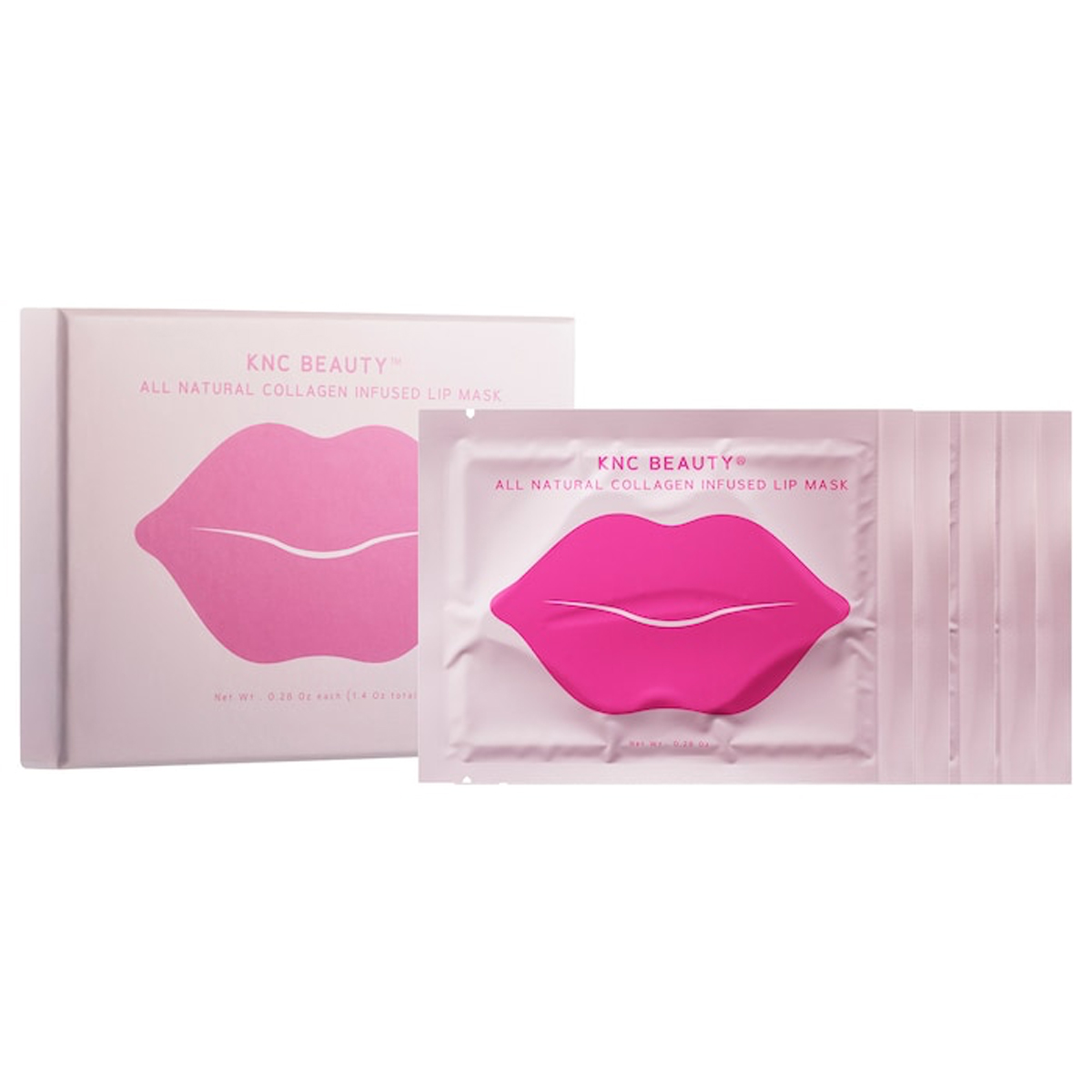
"My Lip Mask was the first product I developed, and I got the idea while I was on a trip to Tokyo. I saw the lip-mask trend gaining popularity over there and wanted to create an all-natural version that could be marketed here in the U.S. I love this product because it was my first idea around which I centered my brand. I still use it to this day as part of my routine, and I’m so happy that so many people have gotten as much fun out of it as I have. It’s still the perfect selfie moment, and I’ll never get over it."
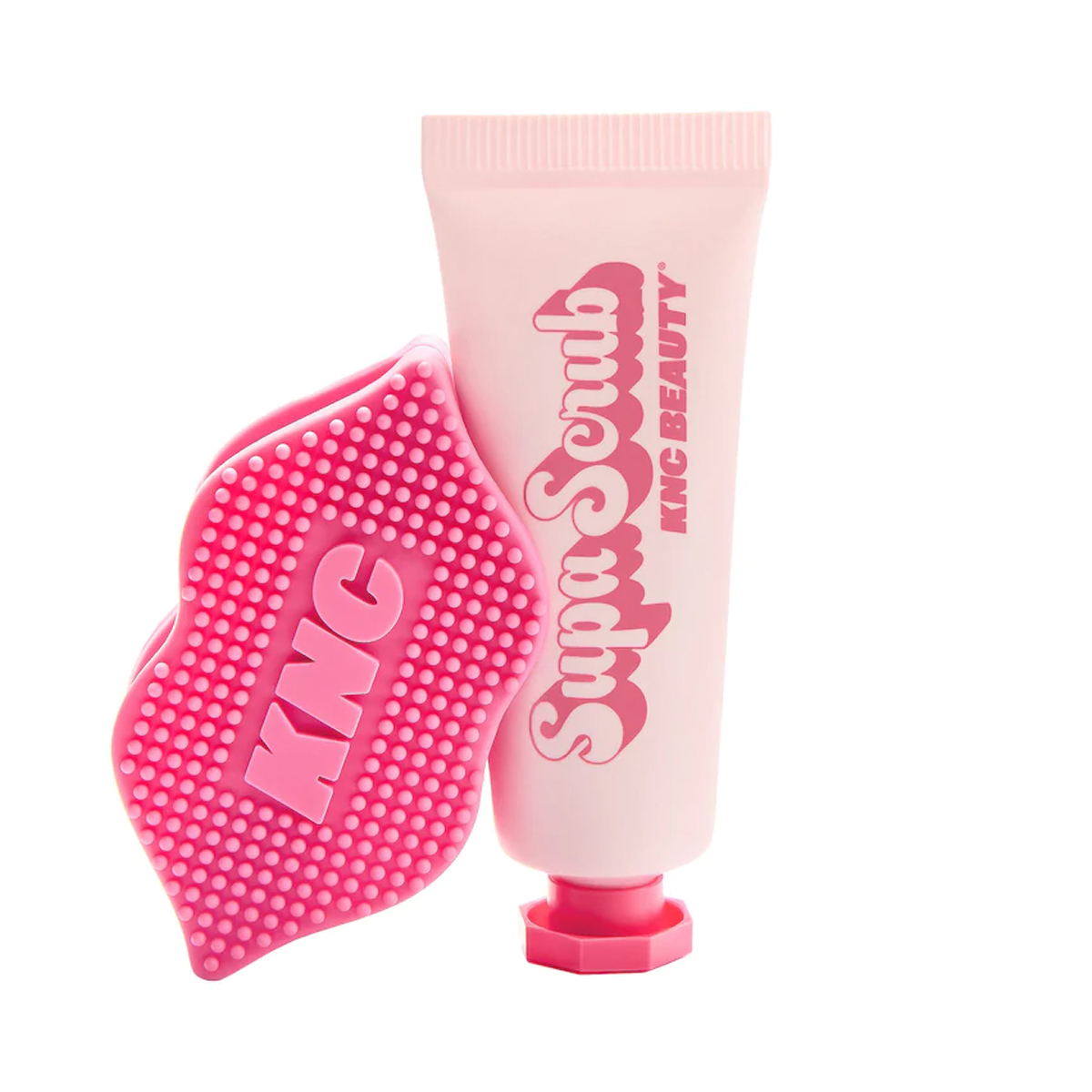
"Supa Scrub was so much fun to make, especially with the lips scrubber I developed to complement it. I wanted to create a product that could go in tandem with Supa Balm ($22) and would have a fun element of application to it. The scrub-and-brush combo really works, too, totally removing the dead skin from your lips and packing them full of nutrients and hydration. I always travel with both the balm and scrub because they can be used on the go and fit in any makeup bag."
Lesley Thornton, founder of Klur
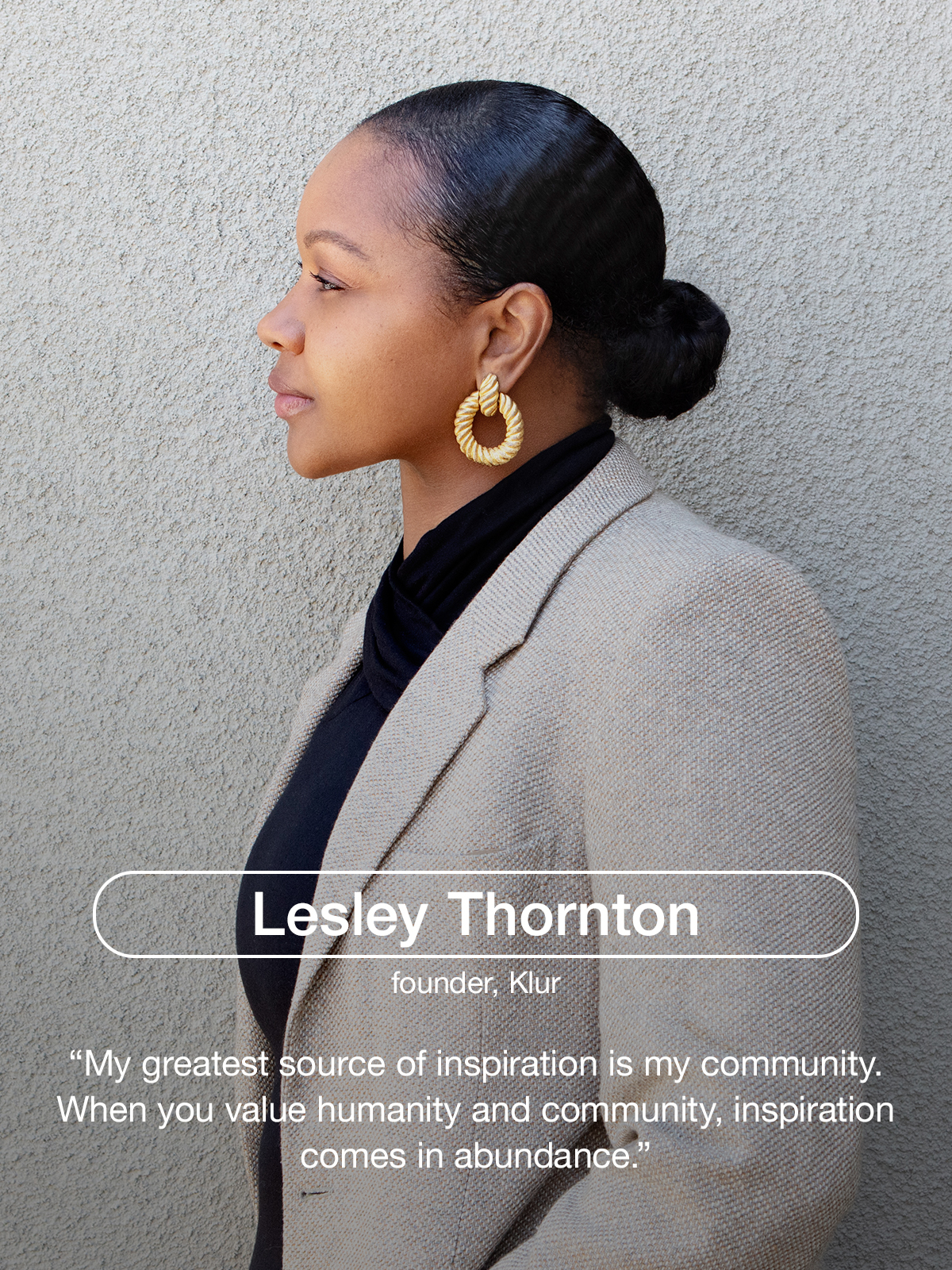
Describe yourself in three words.
Thoughtful, resilient, independent.
What inspires you to create in the beauty space?
My greatest source of inspiration is my community. When you value humanity and community, inspiration comes in abundance. I don't have a big team, but I am constantly thinking of ways to improve the lives of my community, and with that, I never feel uninspired.
What is an accomplishment or goal you’ve achieved over the last year, big or small, that makes you feel most proud?
I can't think of a greater achievement than being a positive influence in other people's lives. Over the last year, I have felt most proud when I receive messages from aspiring entrepreneurs who are inspired by my journey and want to create and build a better future for themselves.
What are some of the emotions that have come up for you as the plight of Black Americans has moved to the forefront of the collective consciousness over the last year, and how have these emotions helped or challenged you personally and/or professionally?
I feel emotionally exhausted by it all. It's been deeply traumatizing because when I launched the brand in January of 2019, I faced so much rejection. I couldn't get a retailer to stock nor the press to feature Klur. Maybe because my ideas weren't on-trend then, but no one had any interest in the conversation around sustainability and inclusion, let alone this coming from a Black-owned luxury brand. It’s very hard to put into words, and I’m still processing the whole situation. Going from one extreme to another makes me wonder if these actions are truly genuine or corporate goals to just appear inclusive.
How can allies be helpful now, as it pertains to Black-owned beauty businesses? What actions would you like to see beyond performative social media posts?
There are many amazing Black-owned beauty businesses that need a platform. Allies can be proactive by scouting these individuals, building relationships, spotlighting, and celebrating them year-round without needing to take a crumb. I would like to see more cultural appreciation within the beauty space. Minorities are largely excluded from these movements, yet brands continue to source ingredients from culturally rich countries, capitalizing on Gua Sha, Ayurveda, and other non-Western beauty rituals. I would like to see people recognize and credit the cultural contributions of people of color throughout beauty, past and present.
Shop Klur:
Nancy Twine, founder and CEO of Briogeo Hair Care
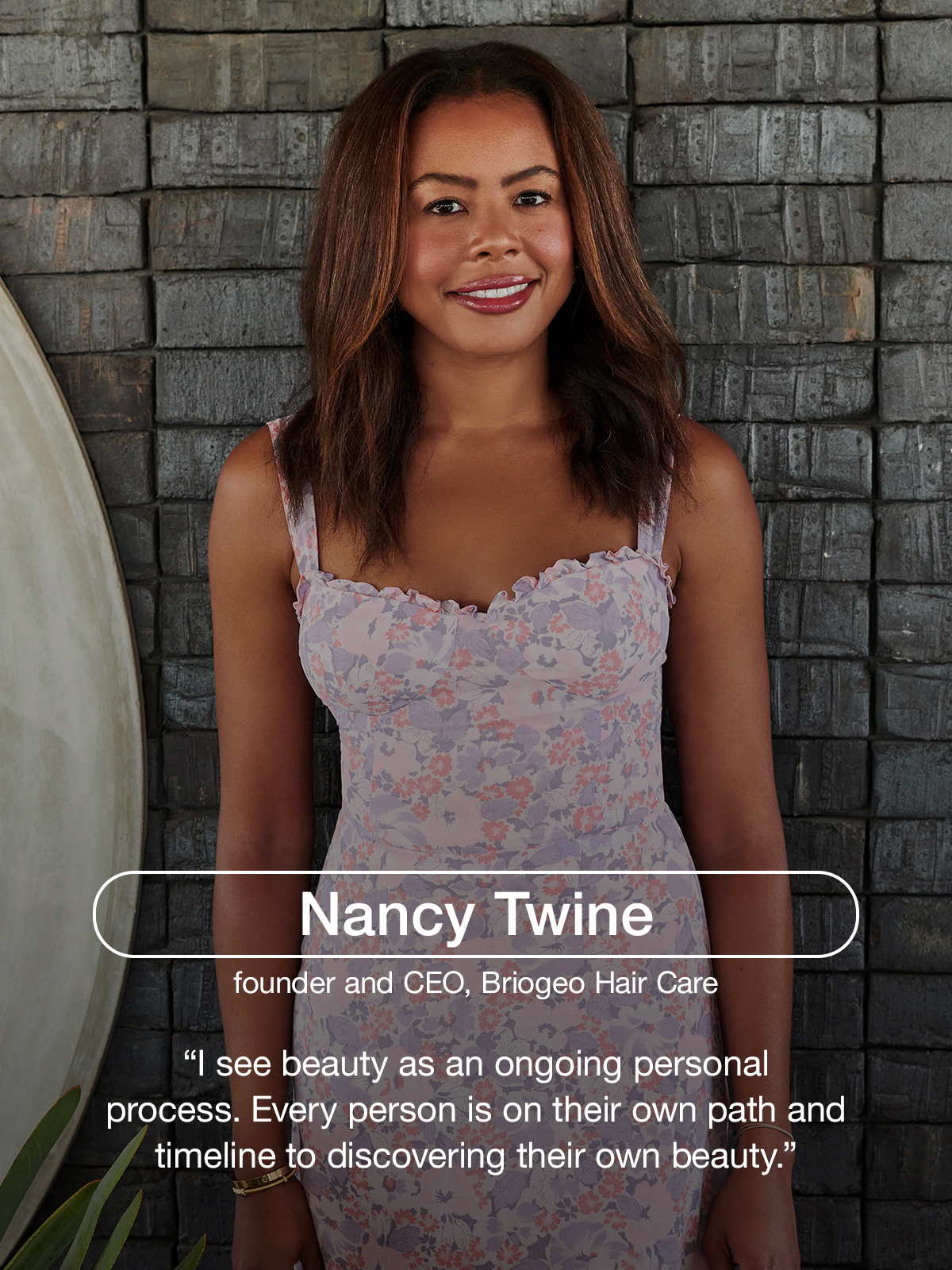
Describe yourself in three words.
Creative, ambitious, optimistic.
What does beauty mean to you?
Beauty is something different for everyone, but I believe that beauty is confidence. Beauty is learning to love and accept yourself while embracing your differences, uniqueness, and what makes you, you! I see beauty as an ongoing personal process. Every person is on their own path and timeline to discovering their own beauty.
What is an accomplishment or goal you’ve achieved over the last year, big or small, that makes you feel most proud?
Earlier this year, we launched Briogeo at Ulta Beauty stores all throughout the U.S. We also made our first debut in salons with an Ulta Salon takeover partnership. It’s been a really exciting opportunity to bring clean haircare to even more people!
What are some of the emotions that have come up for you as the plight of Black Americans has moved to the forefront of the collective consciousness over the last year, and how have these emotions helped or challenged you personally and/or professionally?
The horrific events that sparked last year’s Black Lives Matter protests left many of us feeling frustrated and challenged, including me. Personally and professionally, I was extremely exhausted and emotionally drained. As an eager founder and CEO, I found myself unable to focus and be productive at work. Like many, my bucket was nearing empty, and I needed to show myself compassion to allow myself time to mourn and reflect. When you give yourself the space to heal and refill your mental energy bucket, you’re better able to do what needs to be done—to fight for racial justice, support and uplift the Black community, and amplify their stories.
What advice do you have for Black humans who want to effect change in the beauty industry as you have? Are there any resources you’d recommend seeking out?
Be proactive and open-minded about seeking mentorship from Black and non-Black allies. Building a diverse network is crucial to opening up more doors, resources, and opportunities as you strengthen your business strategies. At the end of the day, no one gets to success alone—you go further if you have a strong internal team and external support system. Also, research the network organizations in your industry. In beauty, for instance, there is Cosmetic Executive Women (CEW), which has been paramount for me in meeting people and opening up opportunities along the way.
Shop Briogeo Hair Care:
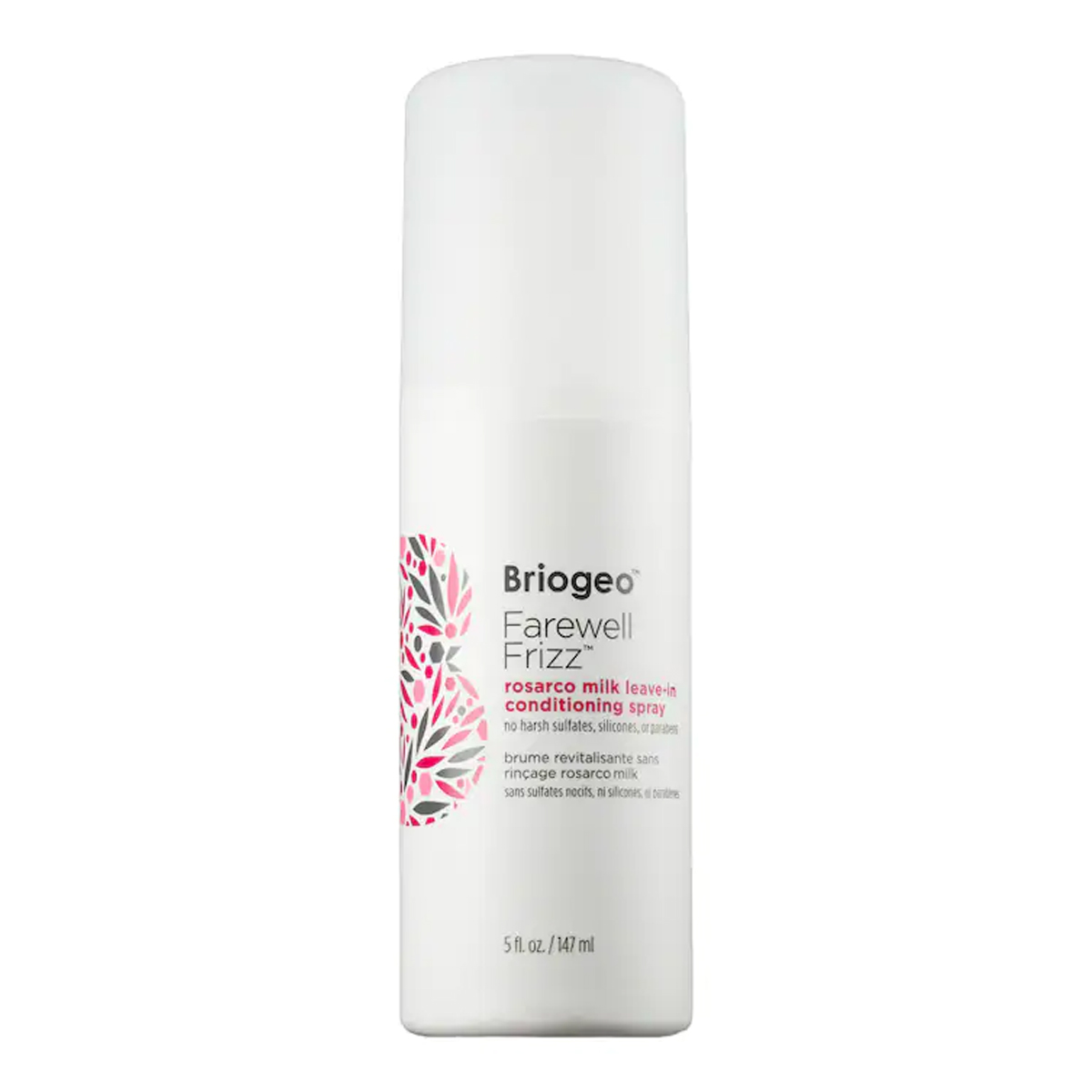
"Our lightweight conditioning spray is supercharged with a unique blend of nourishing rosehip, argan, and coconut oils. They work together to effectively reduce frizz, lock in hydration, and enhance shine. I also love a product with a one-two punch—this one works double duty as a detangler!"
Olamide Olowe, founder and CEO of Topicals
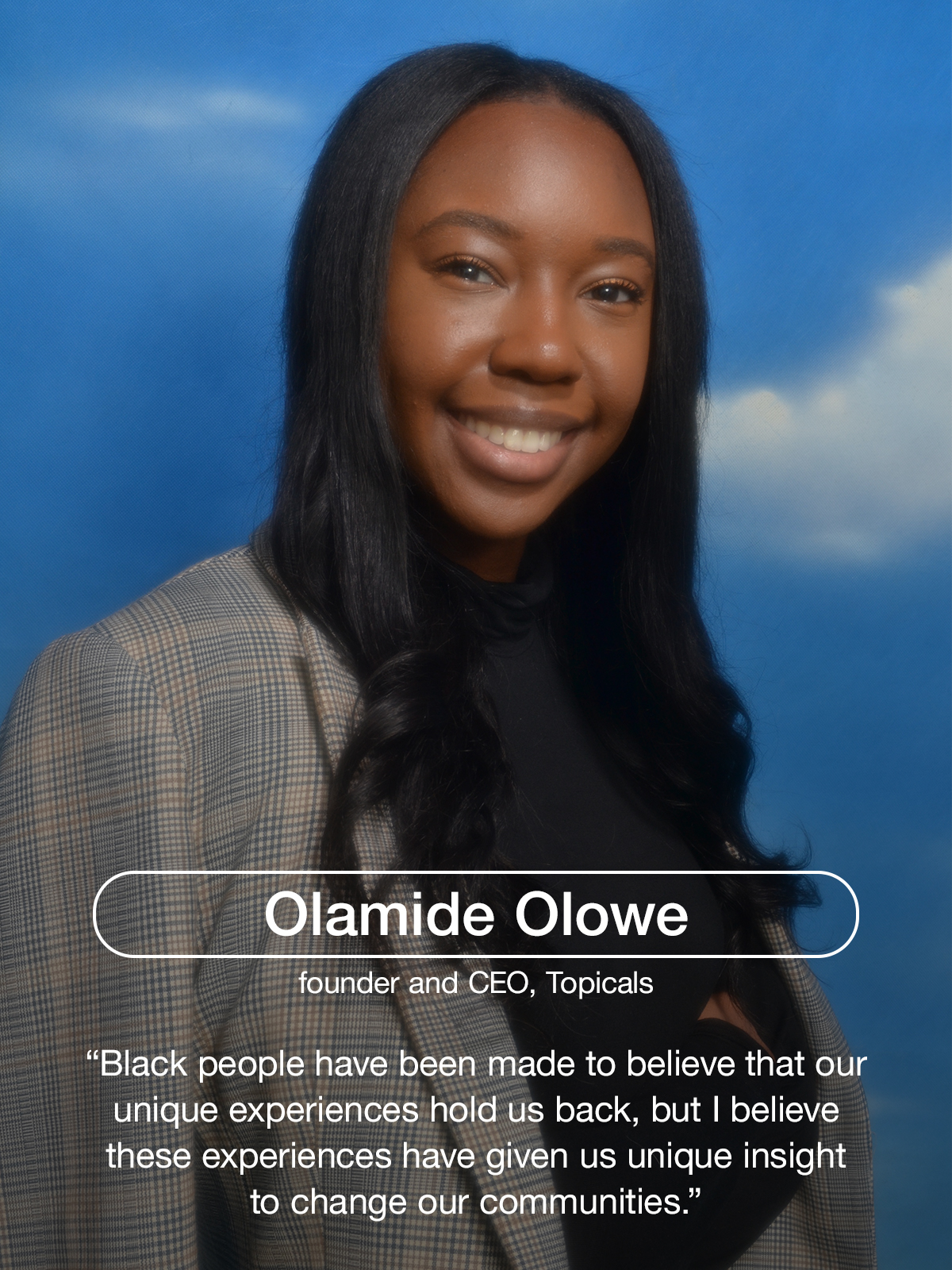
Describe yourself in three words:
Polymath, high-energy, goofy.
What inspires you to create in the beauty space?
Growing up, I had a ton of skin conditions like acne, hyperpigmentation, pseudofolliculitis barbae, and boils and never found a brand that resonated with me. I always felt embarrassed about my skin conditions. I noticed a lot of the products I was using were not properly tested to care for people who looked like me. A lot of brands were also promoting this idea of unattainable "perfect” skin. I knew firsthand how having these skin conditions affected my mental health. That’s why at Topicals we take the focus off of having "perfect” skin and put the focus on making the treatment experience more enjoyable or, as we like to say, "Funner Flare-Ups." Topicals is transforming the way people feel about skin by making the treatment experience more like self-care than a burdensome ritual.
What is an accomplishment or goal you’ve achieved over the last year, big or small, that makes you feel most proud?
I’m the youngest Black woman to raise over $2 million in venture capital funding ($2.6 million to be exact). On the day of launch and in partnership with the Nordstrom pop-in, Topicals sold out within 48 hours online and in stores.
What are some of the emotions that have come up for you as the plight of Black Americans has moved to the forefront of the collective consciousness over the last year, and how have these emotions helped or challenged you personally and/or professionally?
I get excited seeing so many Black people win! I’ve watched behind the scenes as many of them have worked diligently with few resources to create magic. Adversely, it’s exhausting knowing that we have been left behind for so long and that there is quite a way to go for true equity. Nonetheless, I’m hopeful that a new future is here!
What advice do you have for Black humans who want to effect change in the beauty industry as you have? Are there any resources you’d recommend seeking out?
Black people have been made to believe that our unique experiences hold us back, but I believe these experiences have given us unique insight to change our communities. I do believe that allies should use their power to further support us. In terms of business, I’ve learned so much from Web Smith and his company, 2PM. It’s a newsletter that teaches you everything you need to know about building a long-lasting business.
Shop Topicals:
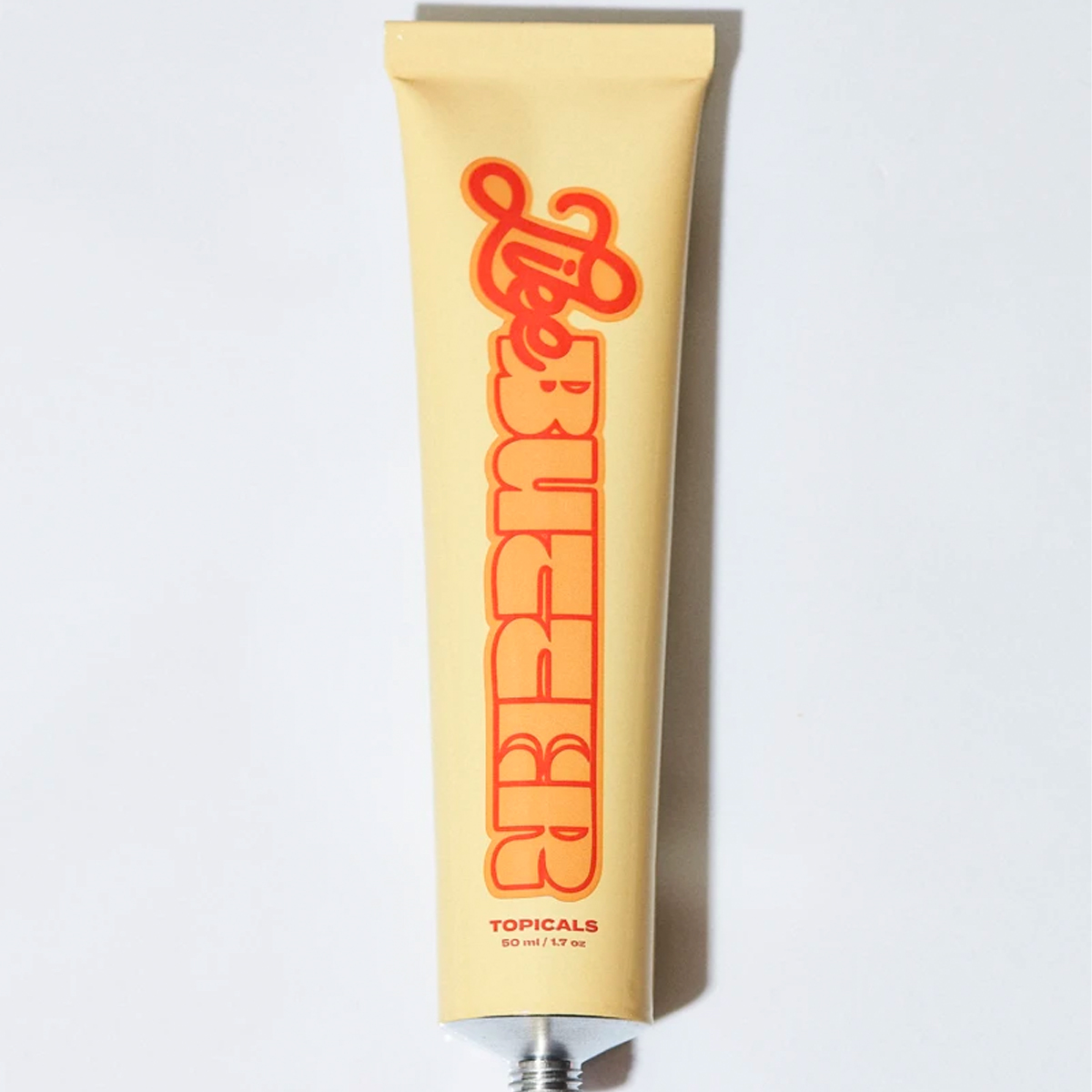
"Our super-rich, creamy AF nighttime mask replenishes vital moisture and strengthens the skin barrier for skin so soft you won't believe it’s like butter. Since everything we do is community led, we make sure to listen to our community's feedback. We began beta testing back in August of 2019 and found that eczema and hyperpigmentation were not being properly addressed by the beauty industry. Also, having to postpone our launch twice really allowed us to reconnect with our community to ensure we are targeting their concerns. Even if you don’t have a skin condition like eczema or hyperpigmentation, Like Butter can improve your skin’s moisture barrier, and Faded can brighten your skin tone. All of our ingredients have been carefully selected to be safe and effective for all skin tones, especially darker skin."
Ron Robinson, founder and CEO of BeautyStat
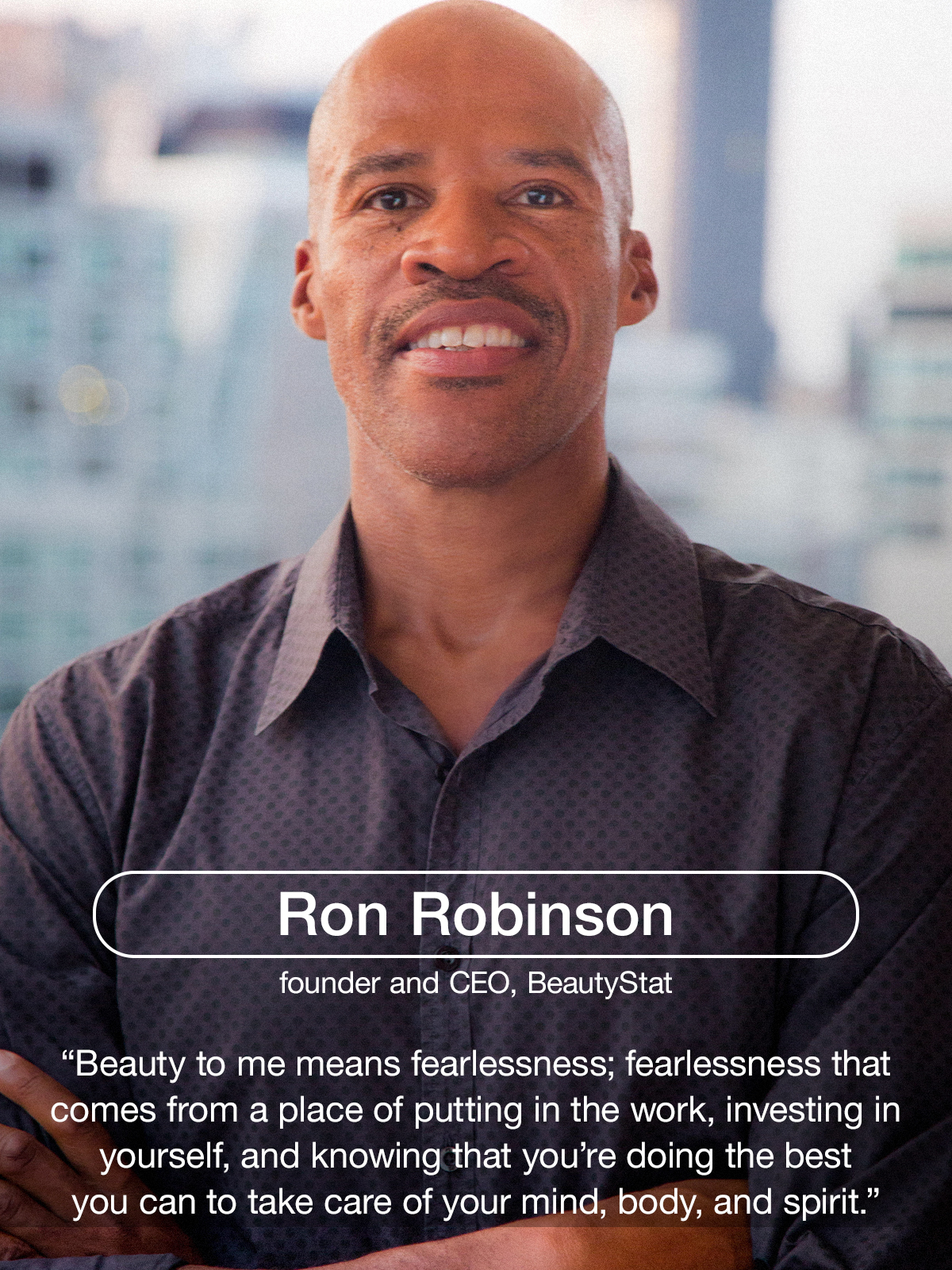
Describe yourself in three words.
Passionate, loyal, driven.
What does beauty mean to you?
Beauty to me means fearlessness—fearlessness that comes from a place of putting in the work, investing in yourself, and knowing that you’re doing the best you can to take care of your mind, body, and spirit.
What are some of the emotions that have come up for you as the plight of Black Americans has moved to the forefront of the collective consciousness over the last year, and how have these emotions helped or challenged you personally and/or professionally?
When the movement first started, I was a roller coaster of emotions. We benefited by getting a lot of media attention for being one of the best Black-owned beauty businesses. This resulted in an increase in sales as well as helped fast-track our expansion into more retailers. I was certainly happy about that growth. But at the same time, I was angered and saddened that this acknowledgment came as a result of so many terrible injustices. These emotions have helped me focus on doing my part to give back to other Black-owned businesses by serving as a mentor by sharing advice and providing access to vendor partners and collaborators.
How can allies be helpful now, as it pertains to Black-owned beauty businesses? What actions would you like to see beyond performative social media posts?
Diversity and inclusion need to be expanded to include equity. Diversity and inclusion are not enough. There needs to be equity. Equity means allocating the resources and opportunities proportionally. This is all about being fair and allowing everyone to start from the same position.
When the outside world feels out of control, what brings you back to yourself and your mission?
All roads lead back to the consumer for me. It's the consumer feedback that motivates me to stay focused on the BeautyStat mission: Our mission is to scour the planet for new ingredients and innovative technologies to help your skin look and feel its best. We follow science and safety, striving for transparency with powerful clinical testing results, so you can enjoy our products with complete confidence. We will continue to develop fresh, clinically proven skincare products that consumers want, love, and can’t live without.
Shop BeautyStat:
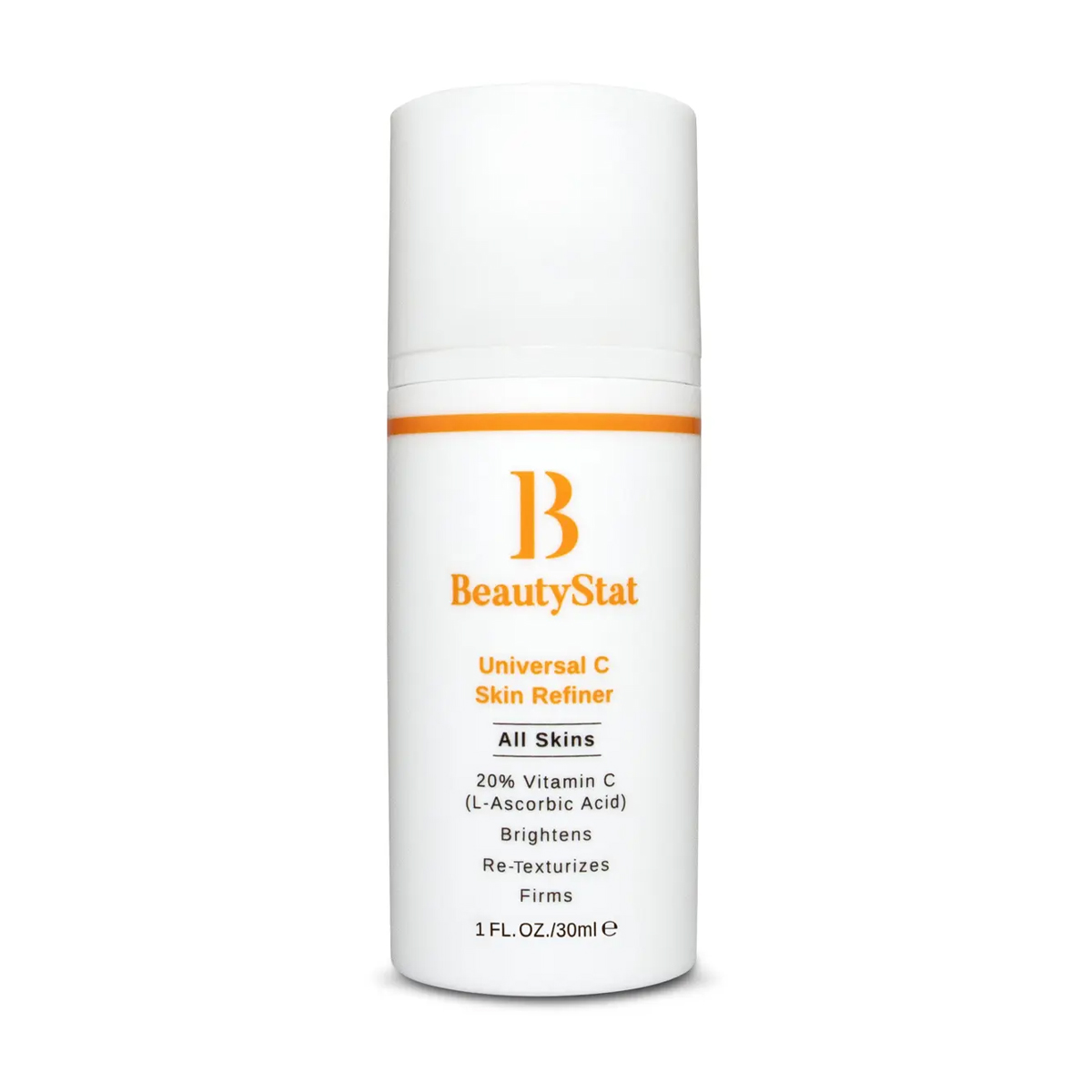
"This is our superstar vitamin C serum. We use one of the highest levels of pure vitamin C available in an over-the-counter cosmetic product (20% pure L-ascorbic acid), and we have three patents on the ability to encapsulate pure vitamin C so that it does not degrade or oxidize. (Many competitors turn orange or brown due to oxidation.) It's clinically tested and dermatologist approved to reduce the look of lines and wrinkles, firm and tighten skin, even out skin tone, and diminish the look of pores."
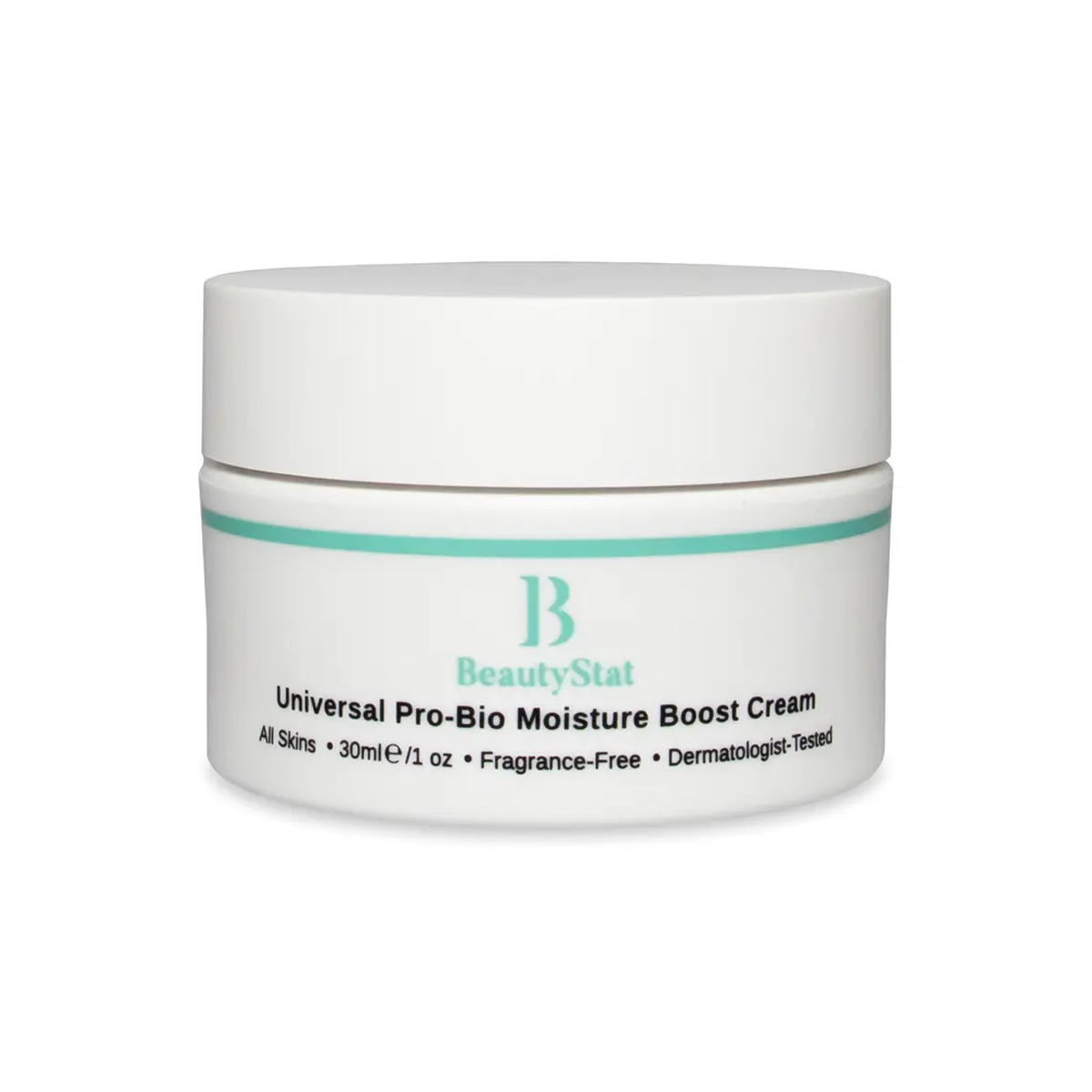
"This was formulated to help repair skin’s barrier with a proprietary combination of hydrating ingredients: ceramides, hyaluronic acid, and a probiotic ancient-mushroom extract that works synergistically to drench the skin in moisture that lasts all day in a super-lightweight gel-cream formula that is perfect for combo/oily/acne-prone skin."
Tonya Lewis Lee, producer, author, entrepreneur, and founder of Movita
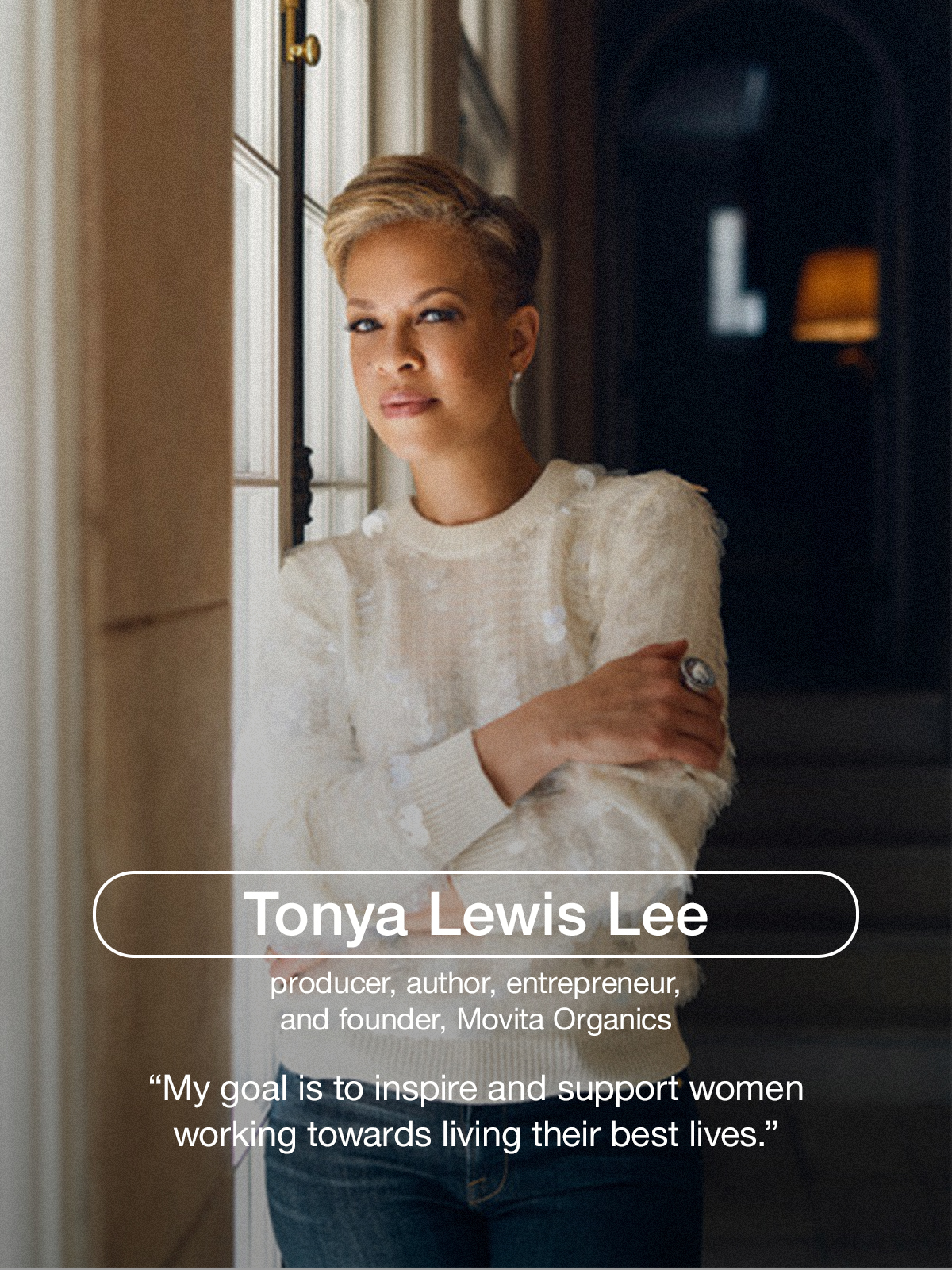
Describe yourself in three words.
Creative, storyteller, advocate.
What inspires you to create in the beauty space?
My goal is to inspire and support women working toward living their best lives. To that end, I know that looking and feeling good are important in a woman's life, and I want to be a support toward those goals.
What is an accomplishment or goal you’ve achieved over the last year, big or small, that makes you feel most proud?
Selling the film, Monster, that I produced to Netflix.
What are some of the emotions that have come up for you as the plight of Black Americans has moved to the forefront of the collective consciousness over the last year, and how have these emotions helped or challenged you personally and/or professionally?
I love seeing the diversity of faces and ages standing up for humanity. I am hopeful that as a people we will keep focused on humanity, look deeper and recognize the past and present sacrifices and contributions of the indigenous and African Americans in the U.S., and truly work to balance the inequities that, if left unchecked, will swallow us all eventually…
What advice do you have for Black humans who want to effect change in the beauty industry as you have? Are there any resources you’d recommend seeking out?
Be bold, serve your market, and have the highest standards.
Shop Movita:
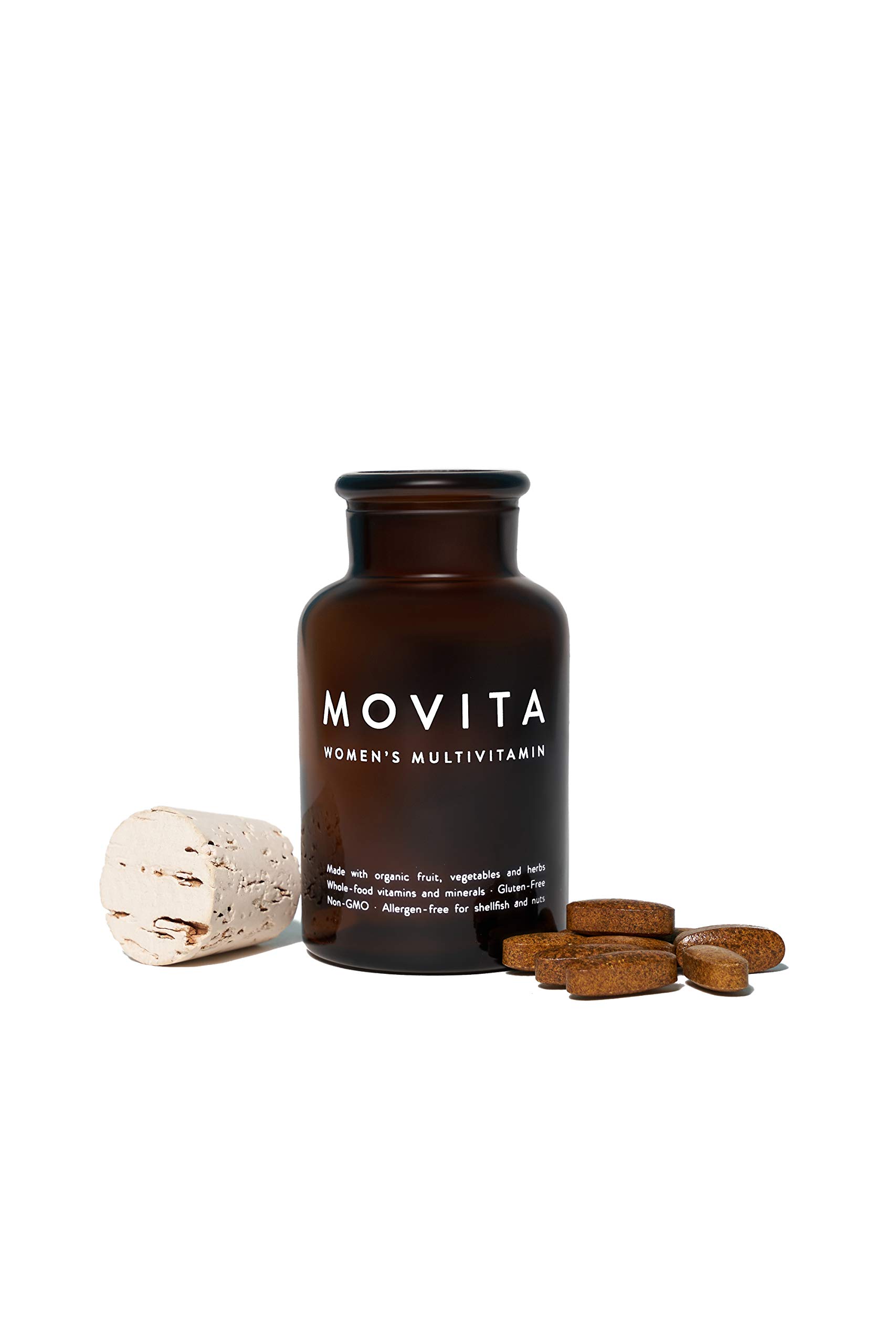
"I love this vitamin daily for strong hair and nails. Movita Beauty and all Movita products were created to serve as tools in a woman’s arsenal as she is working toward trying to access her healthiest life. Movita products are important because they are good quality, certified organic, and can be taken on an empty stomach."
Up next, These 5 Black Designers Are Painting the Future of Fashion
Courtney Higgs is a Cancer sun, Libra rising beauty enthusiast with six years of experience in the editorial space. She was previously Who What Wear's associate beauty editor after spending many years working at InStyle Magazine. She graduated from California State University, Northridge, with a BA in communication studies and pivoted to editorial after spending her college years working in the legal field. Her beauty philosophy is simple: She believes there are no wrong answers and that discovering our favorite beauty products and rituals is a journey, not a sprint. When she's not geeking out over products, she can be found adventuring around L.A. with her fiancé; watching reality TV with their French bulldog, Bernie Mac; or relating way too hard to astrology memes.
